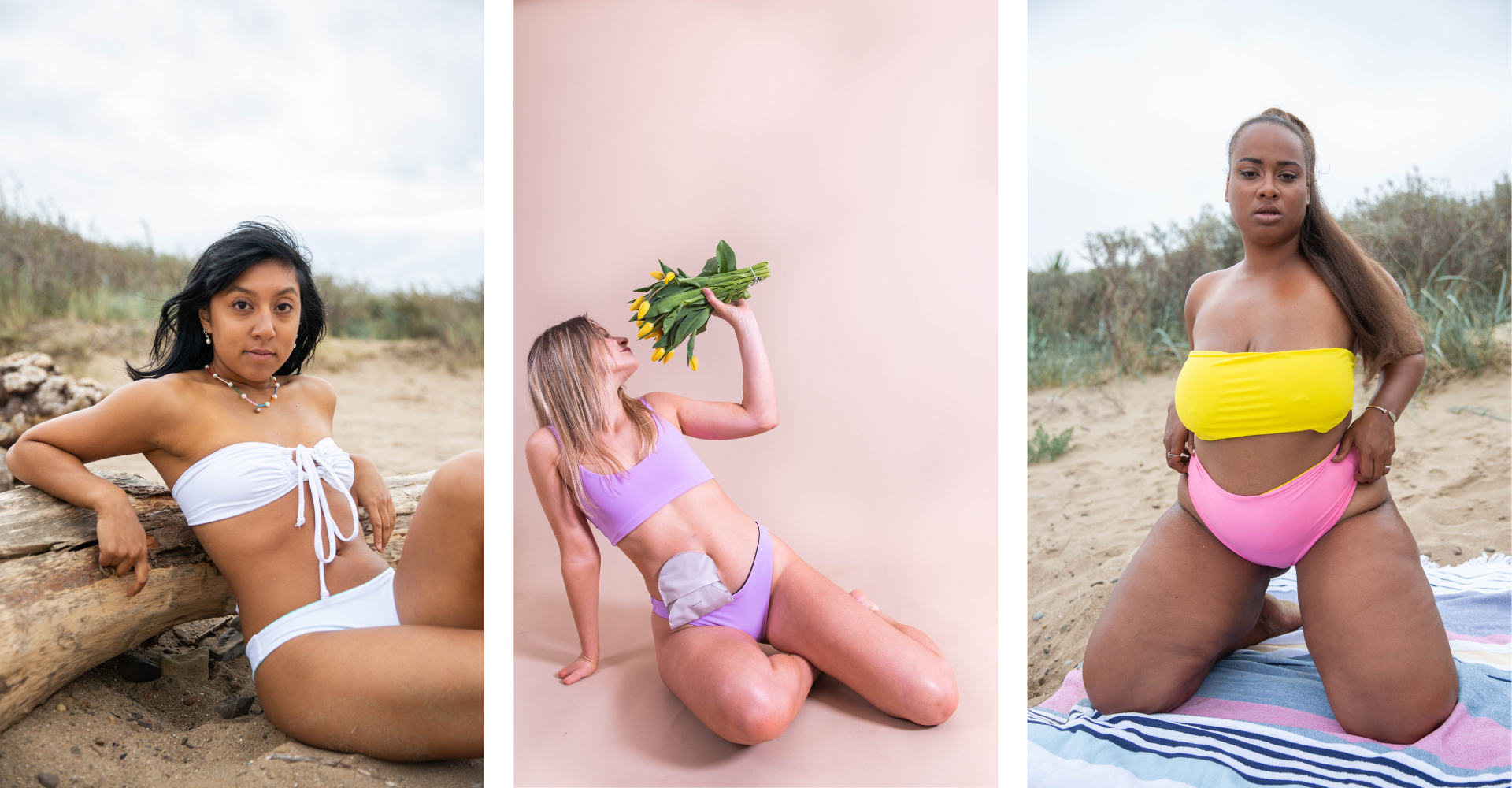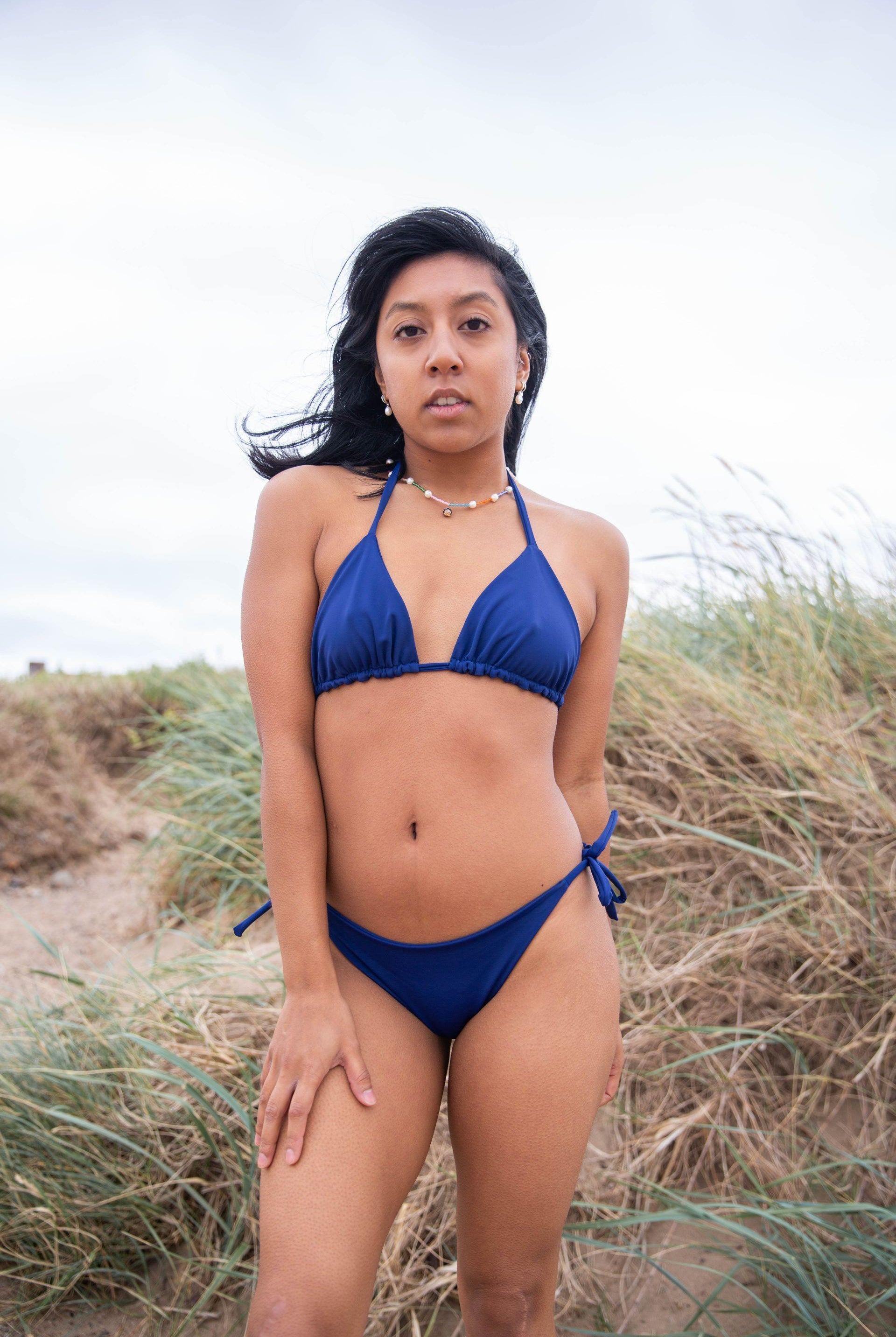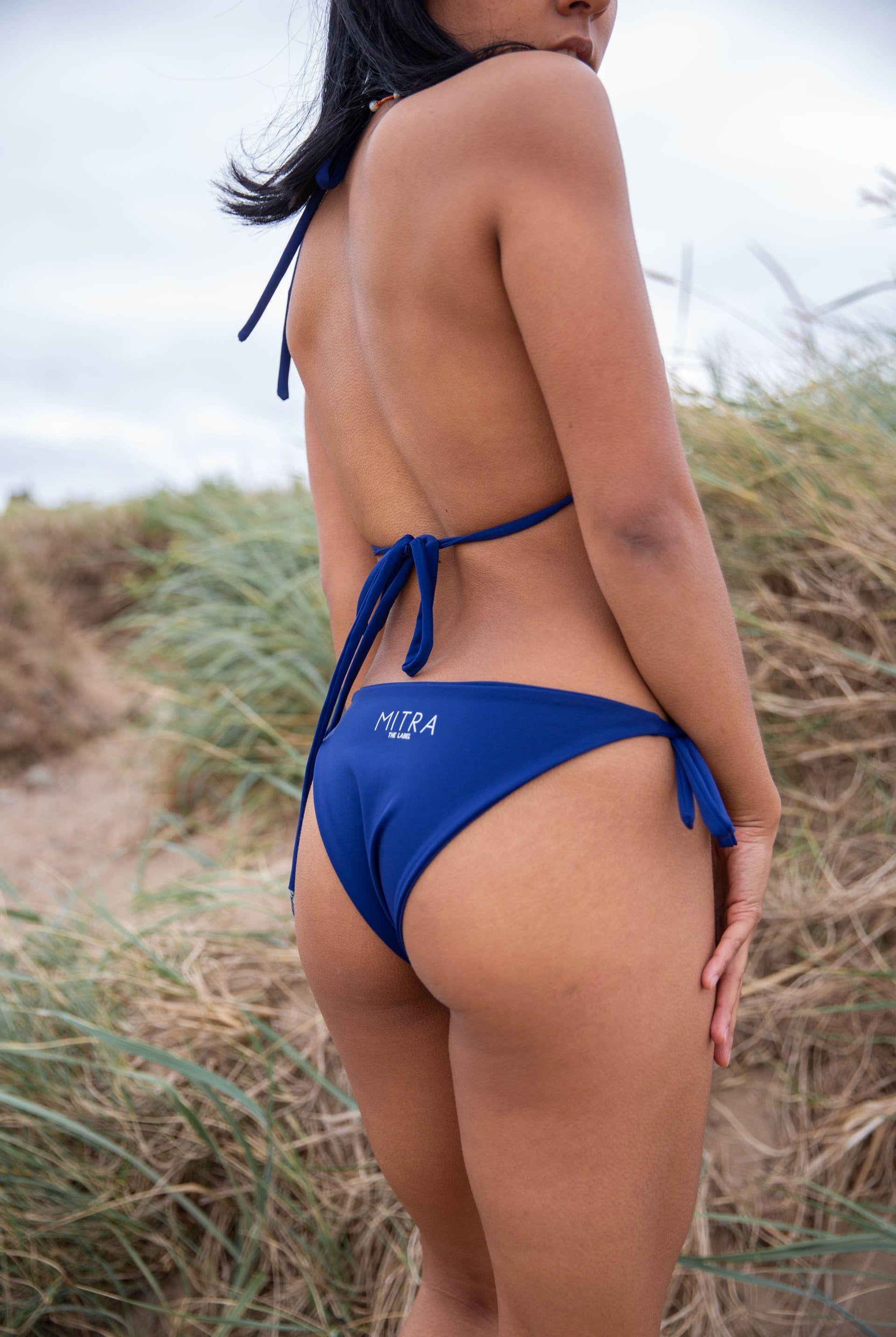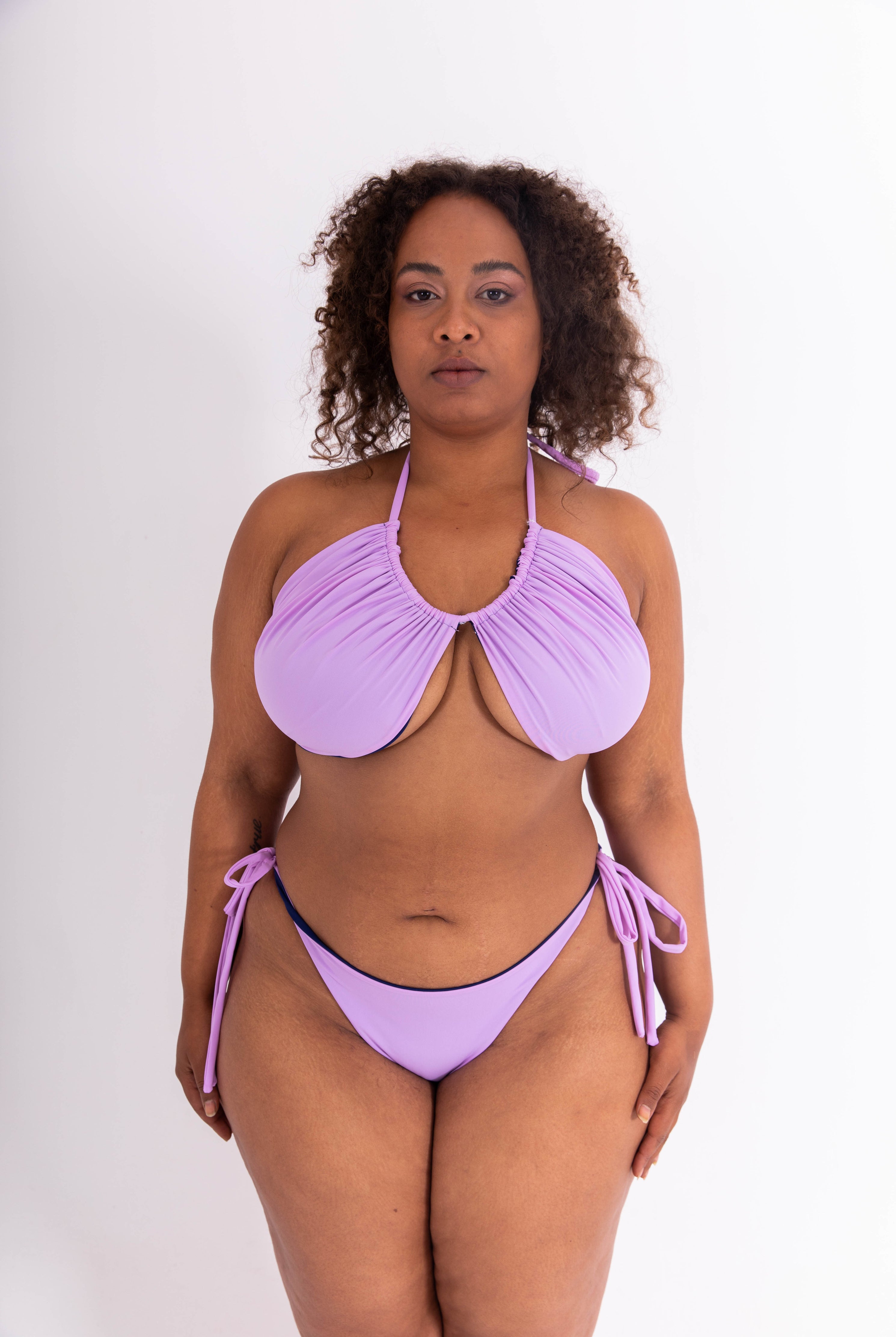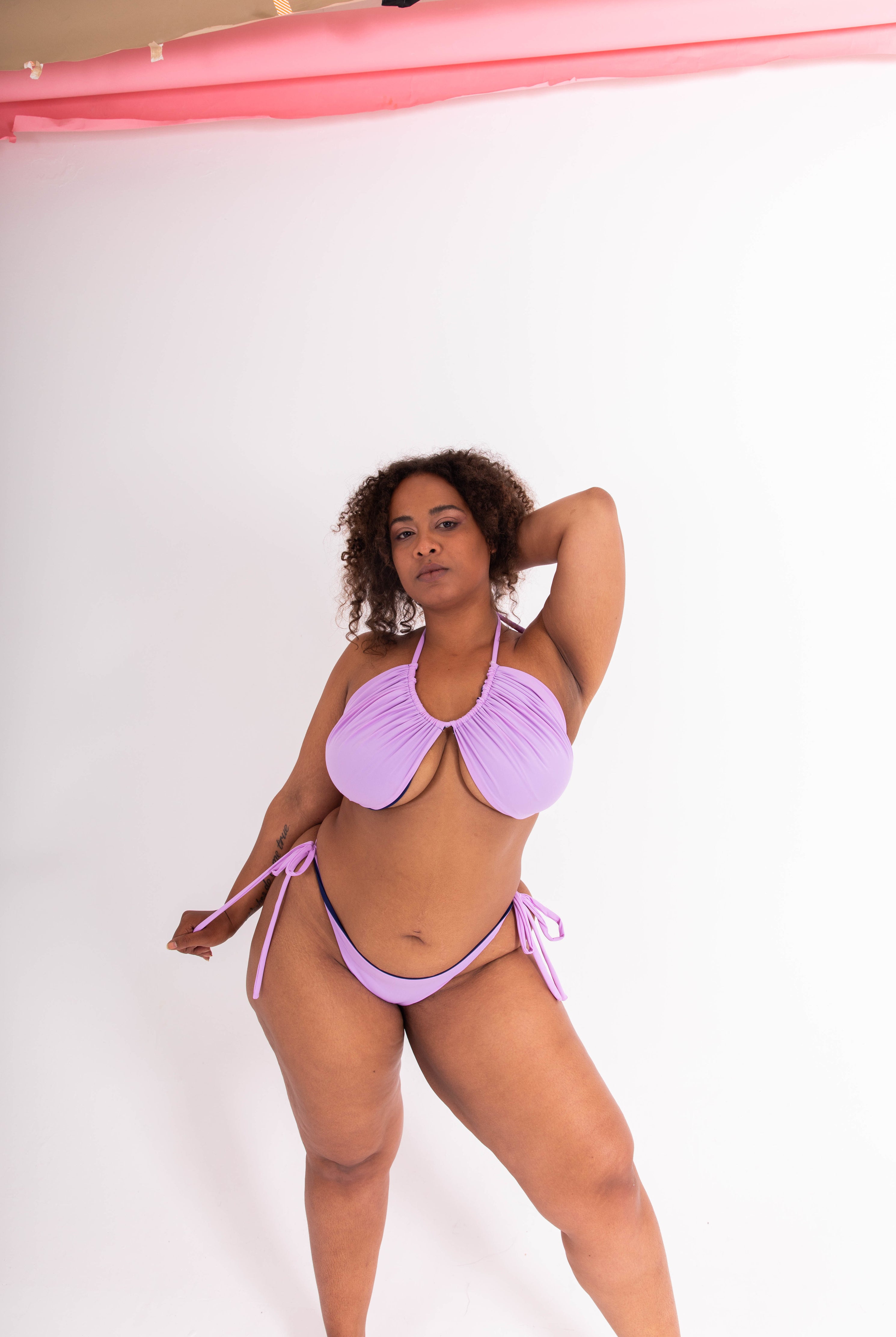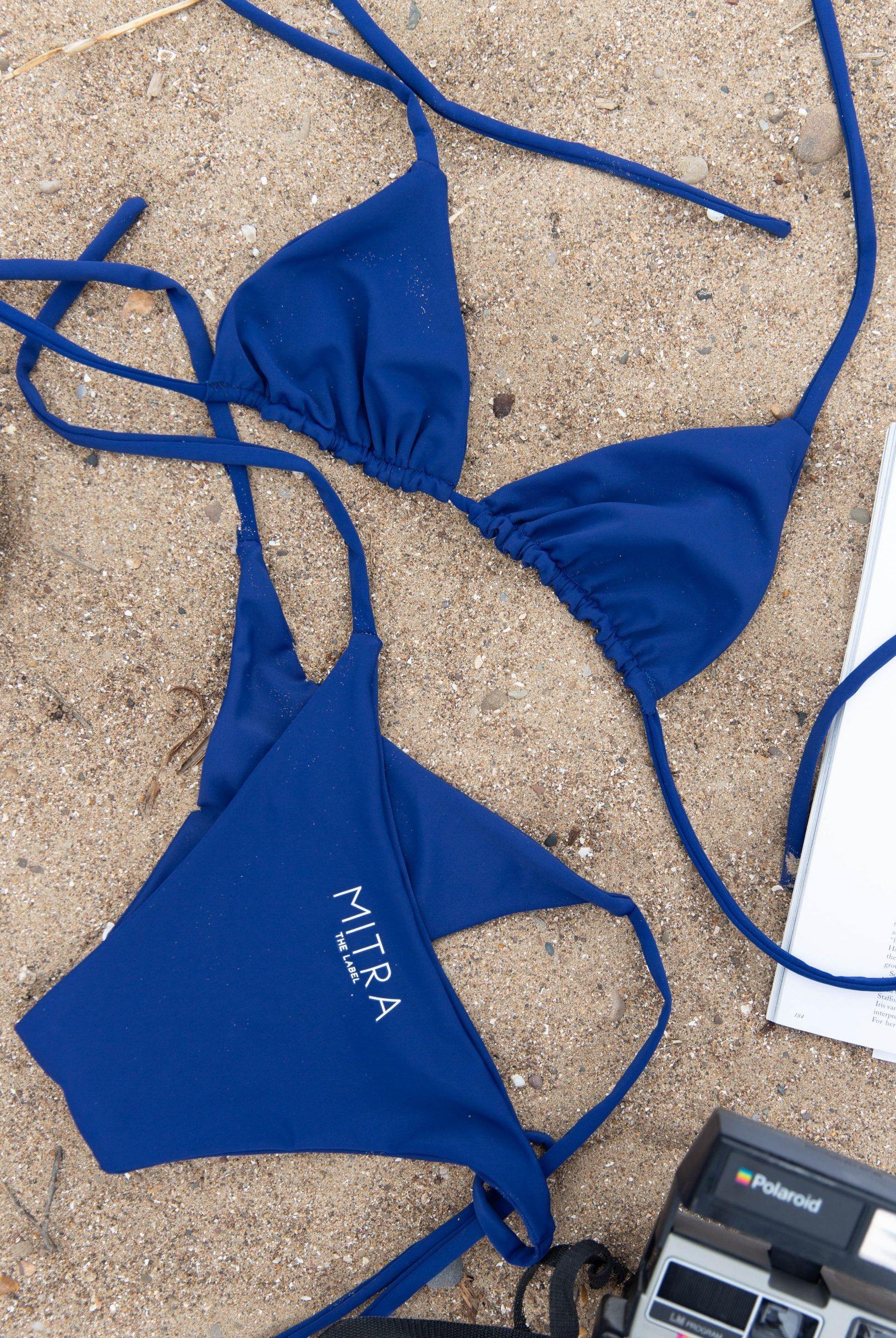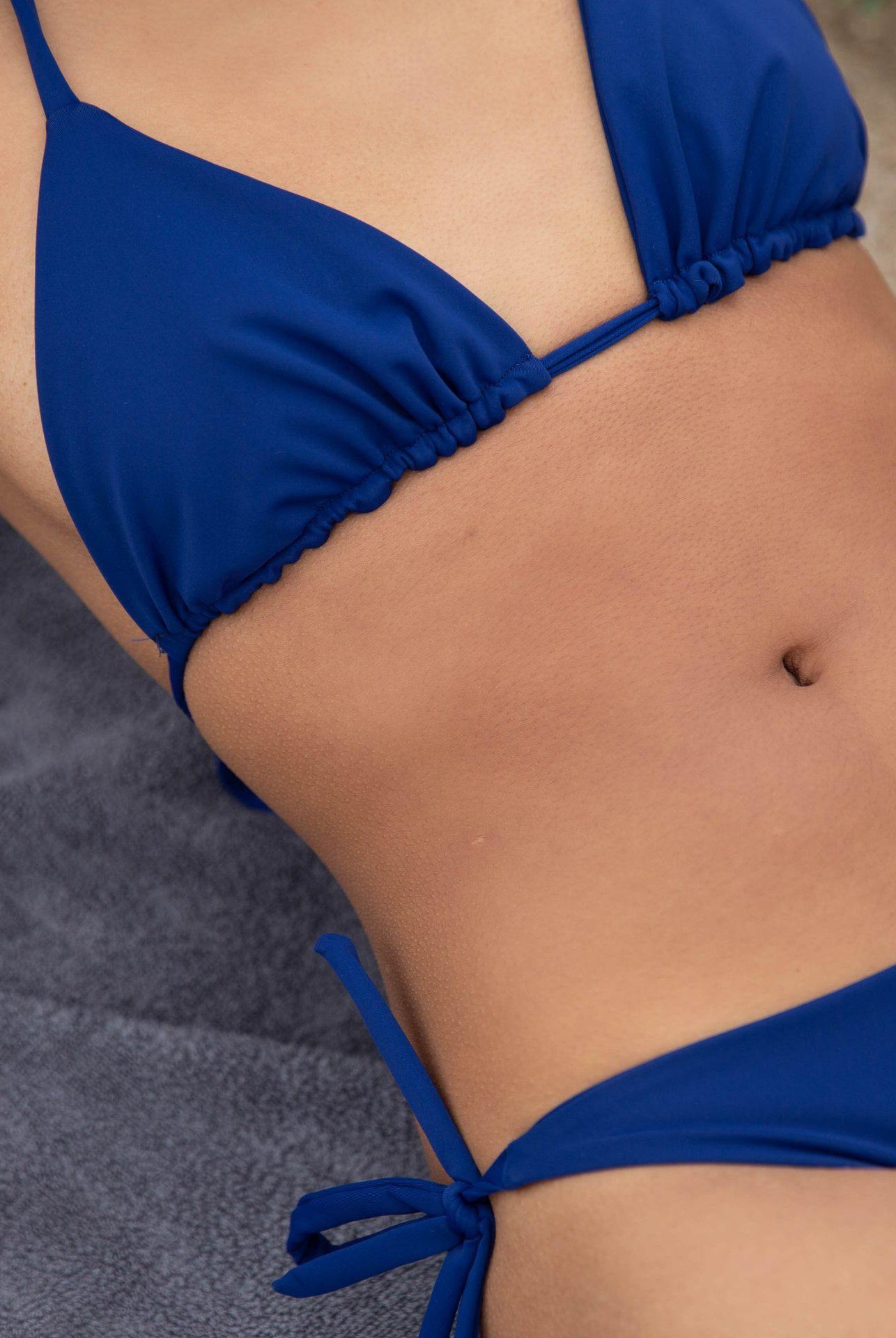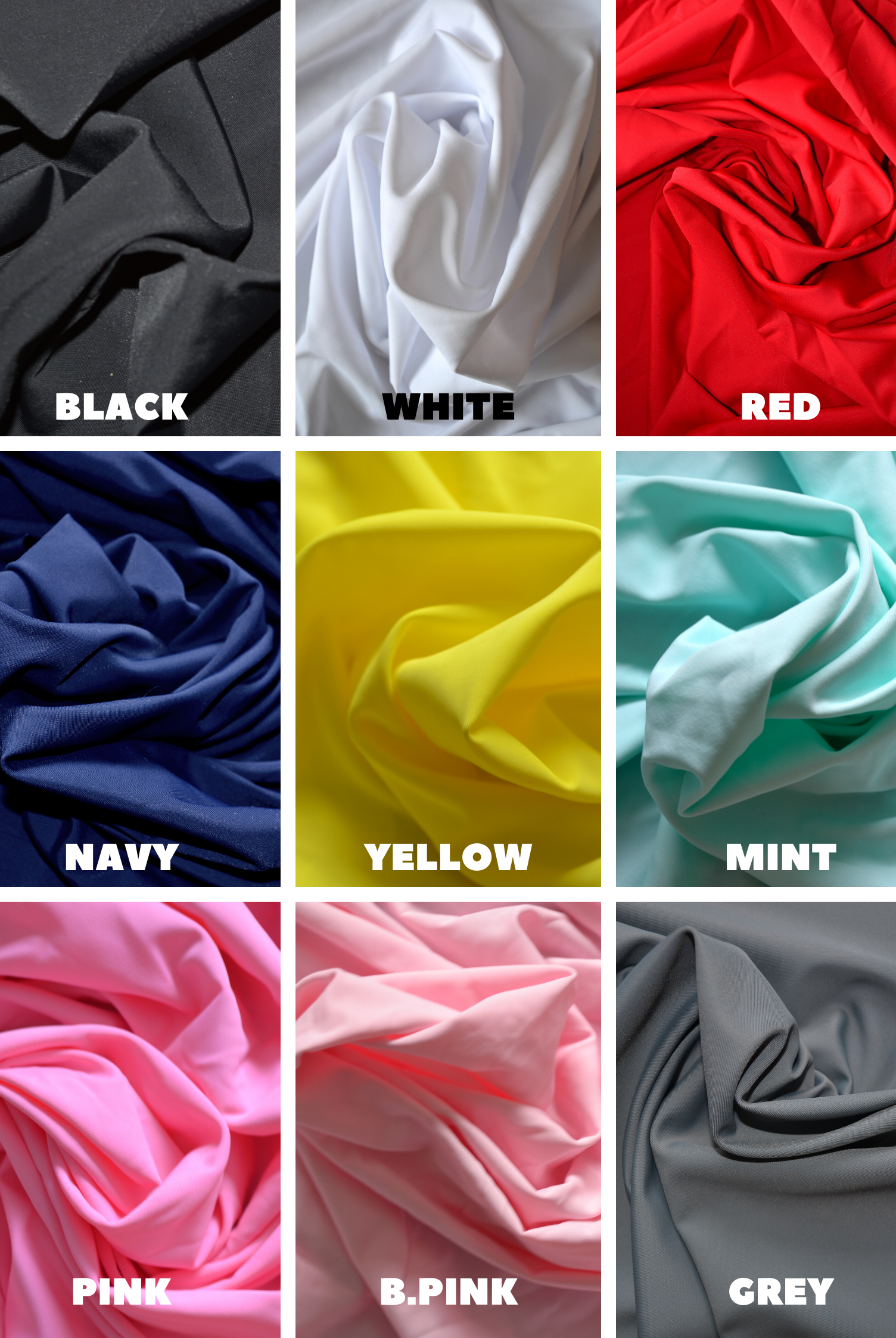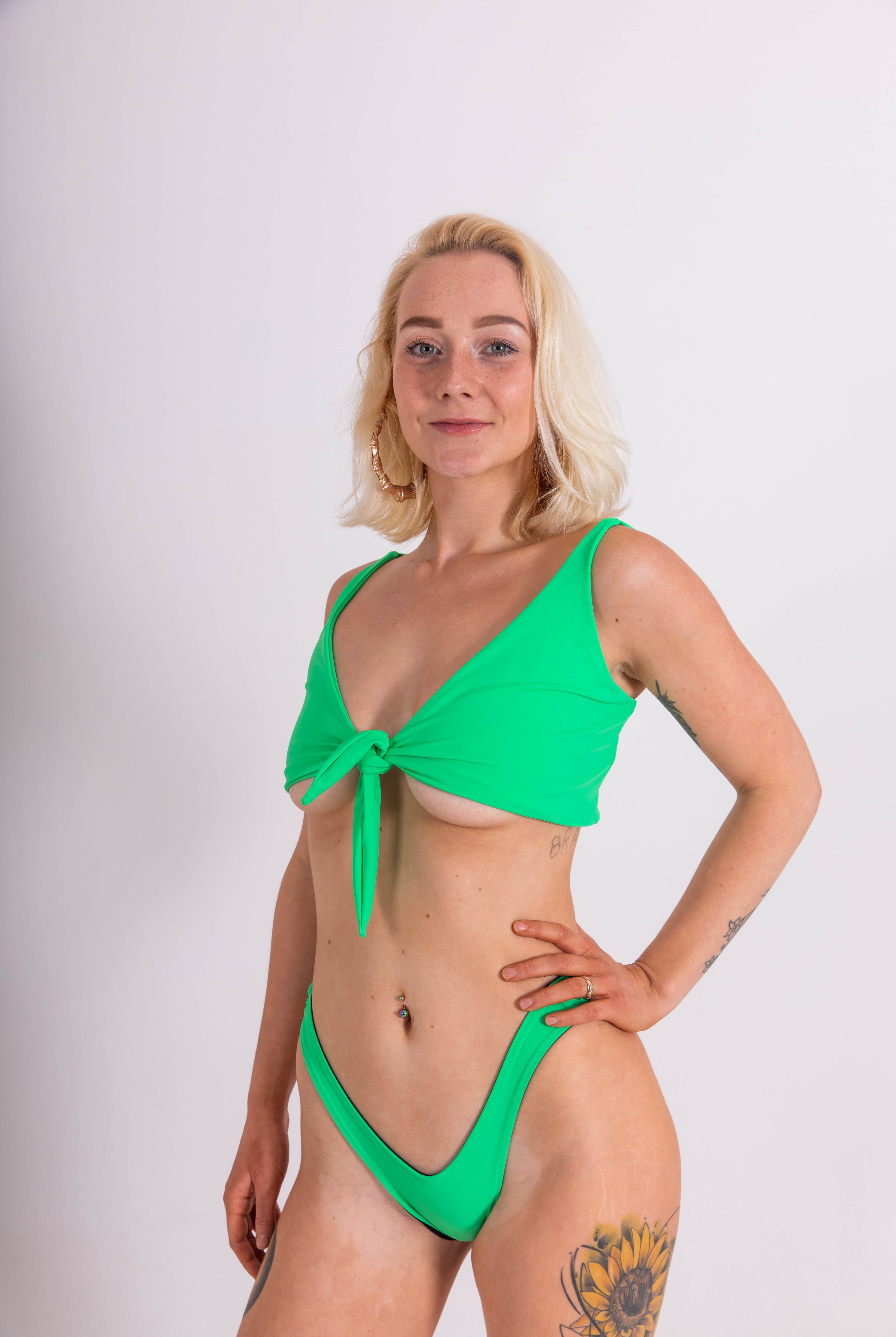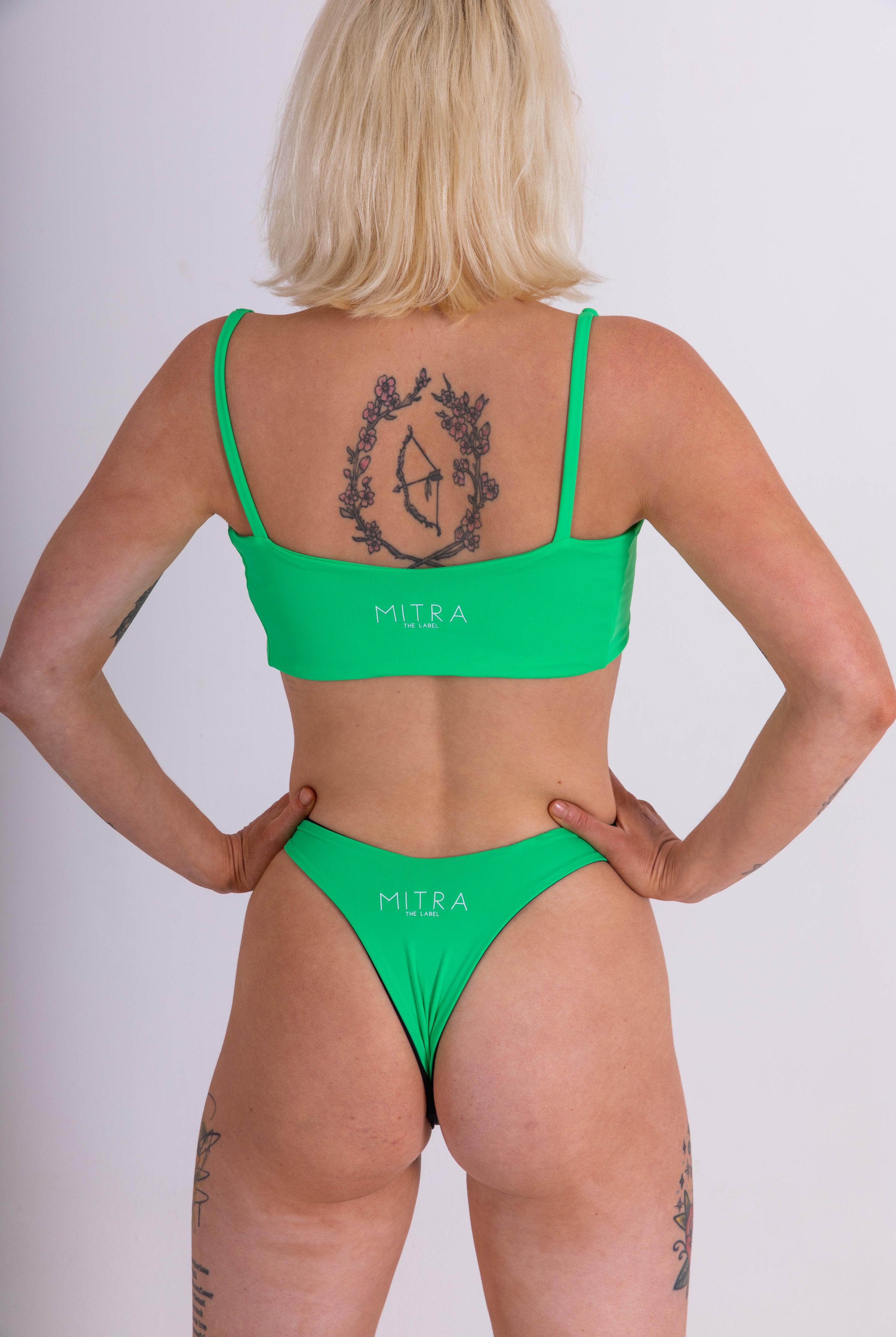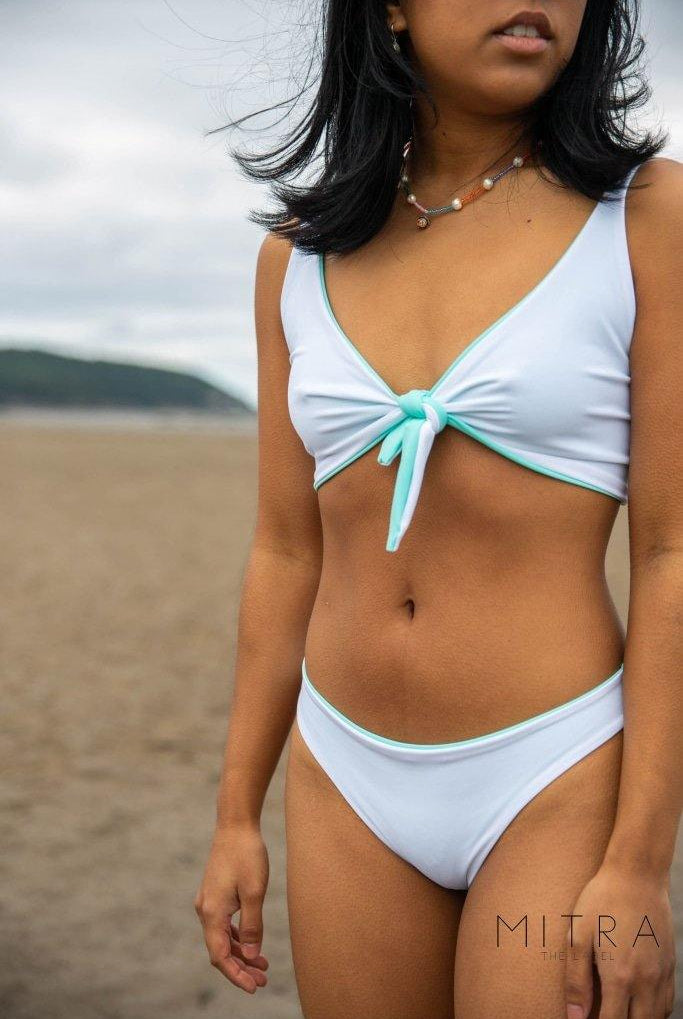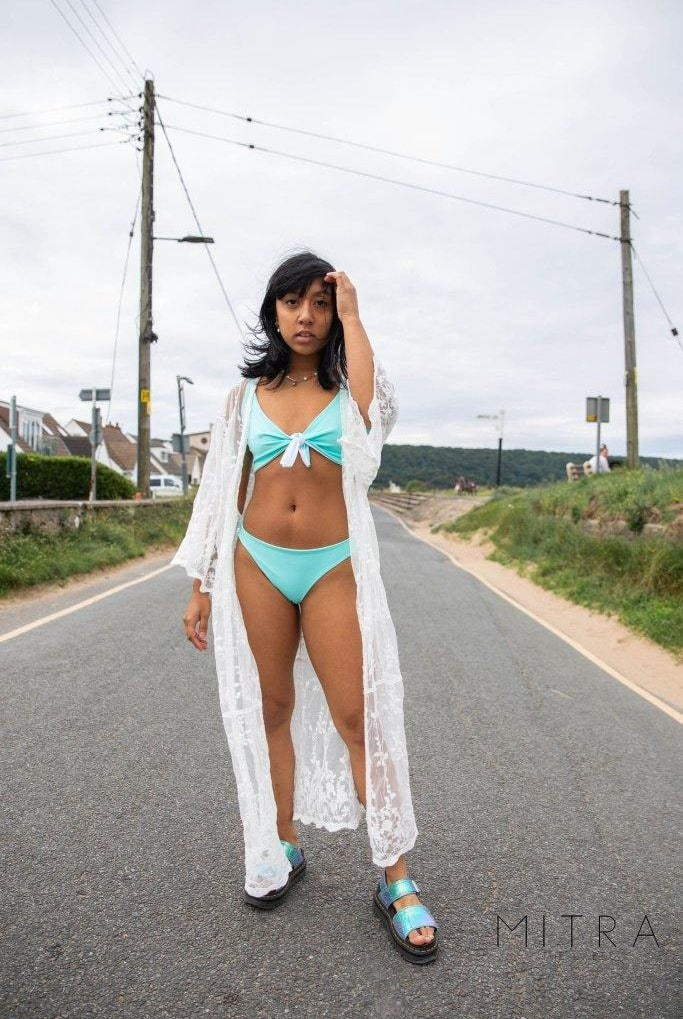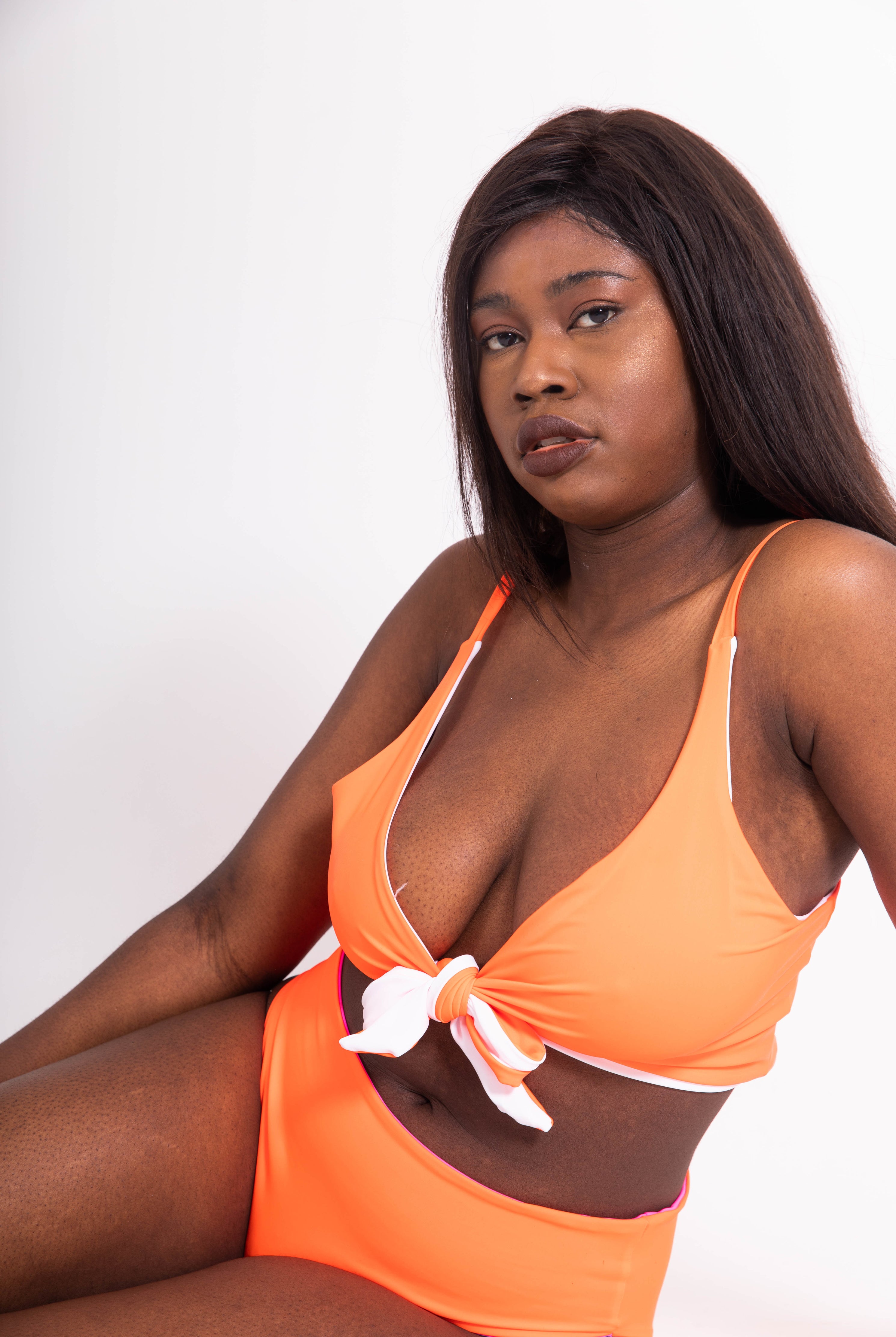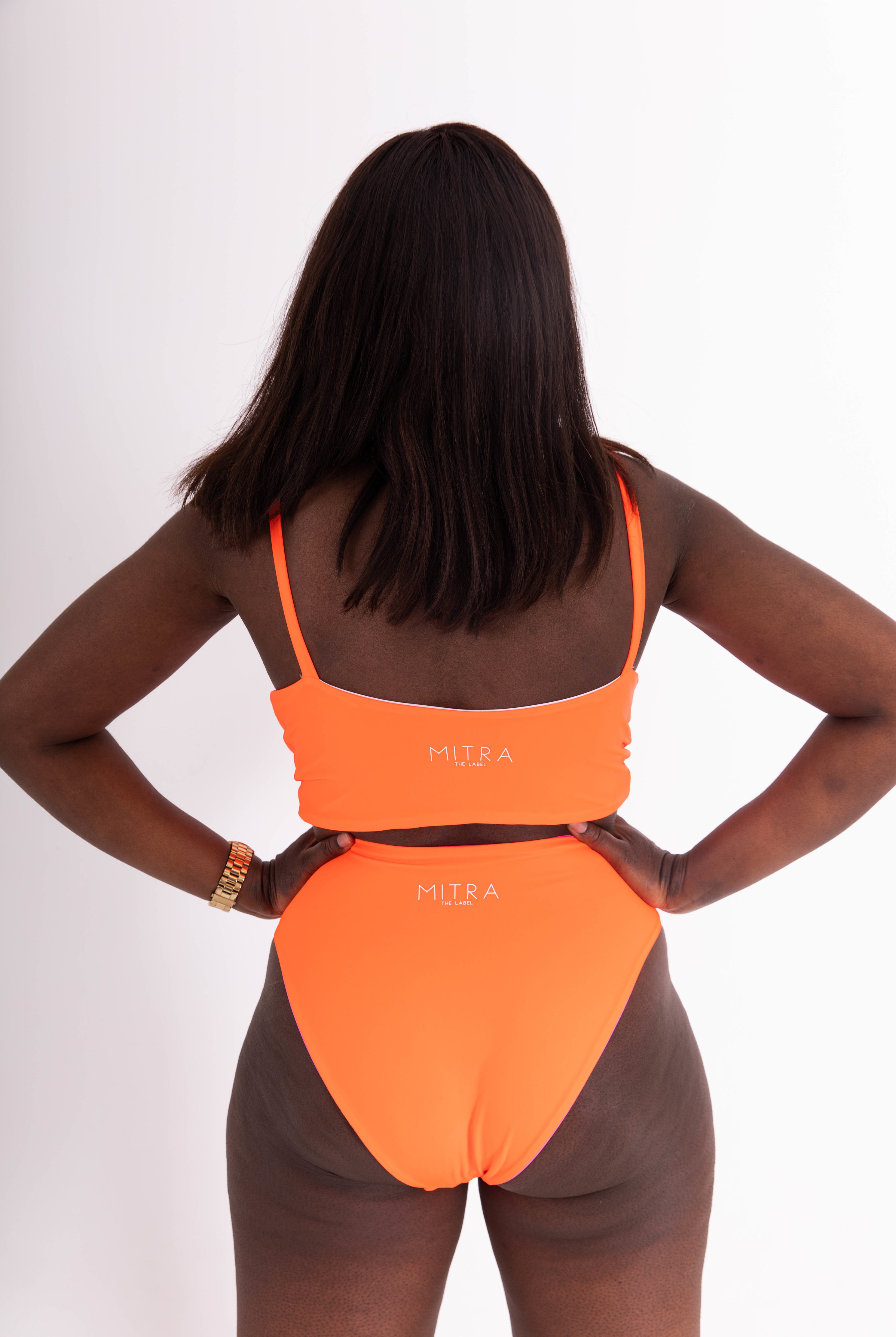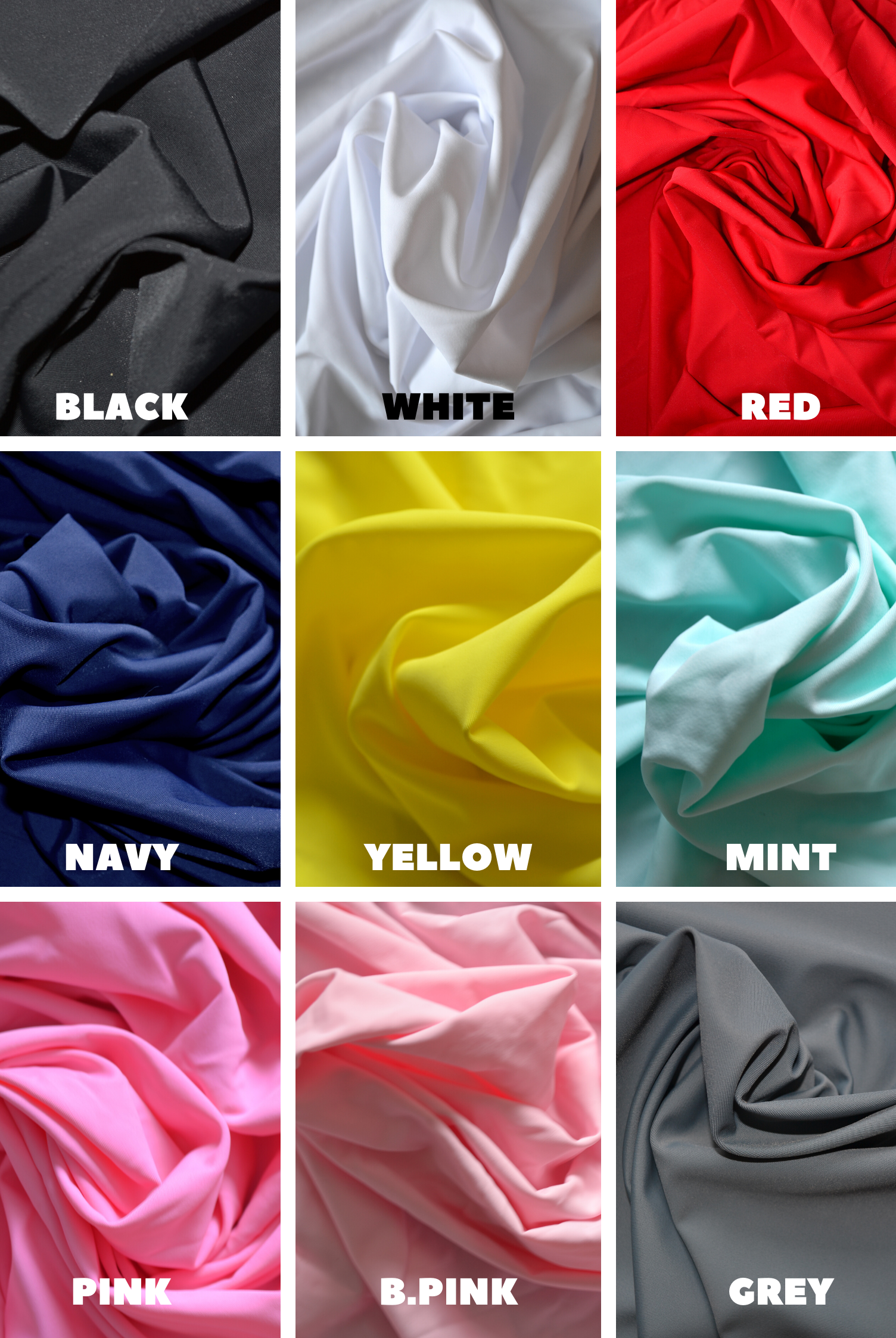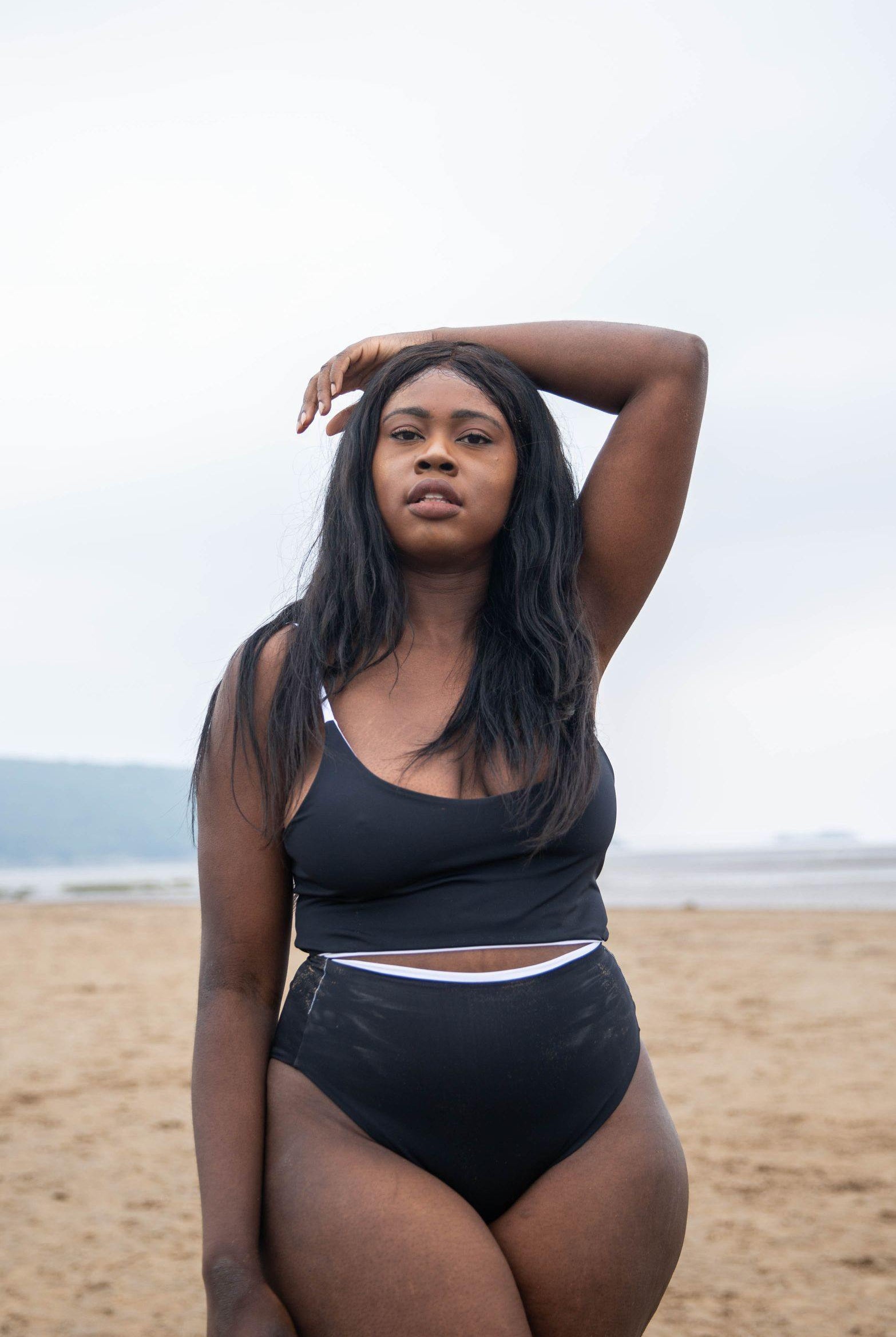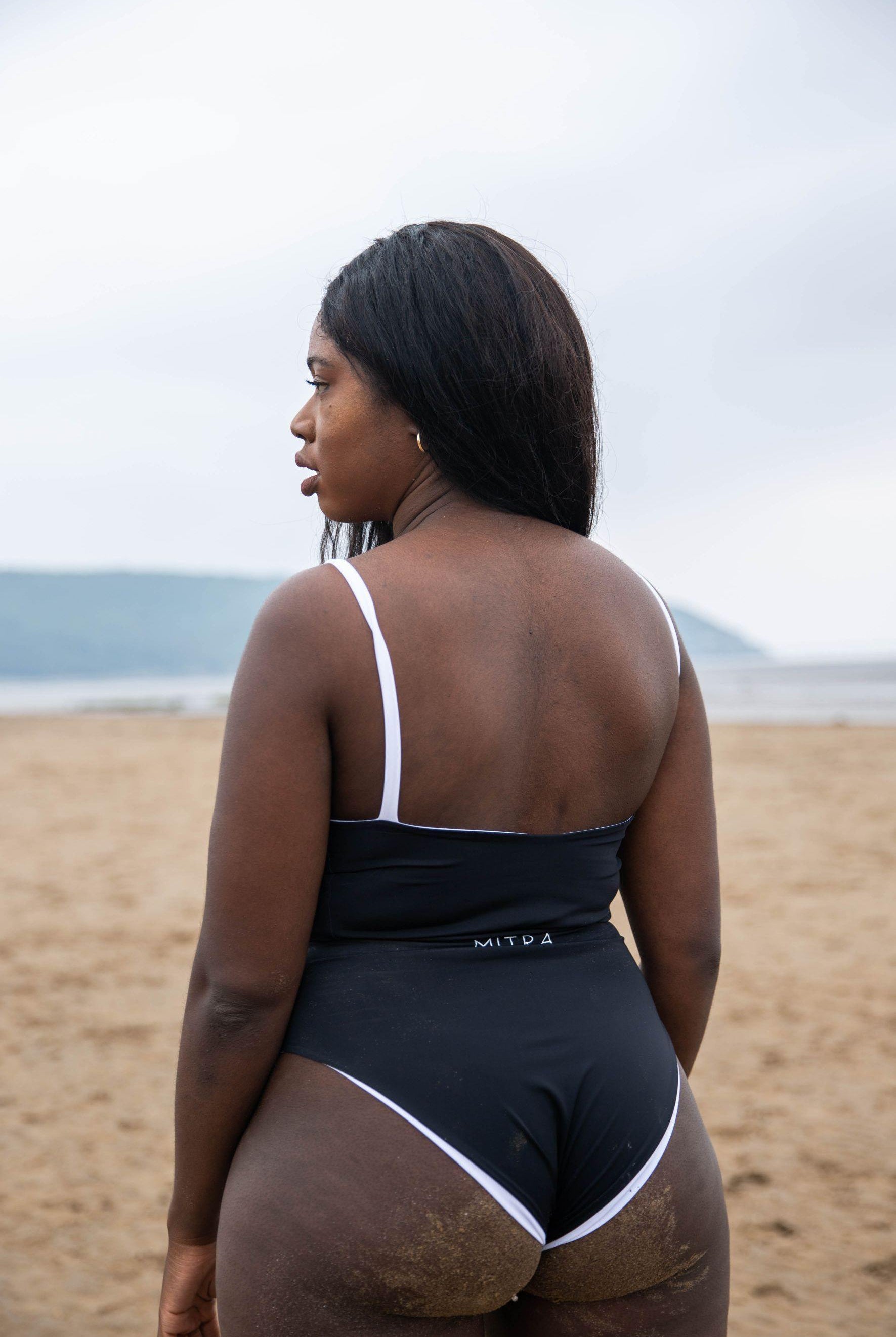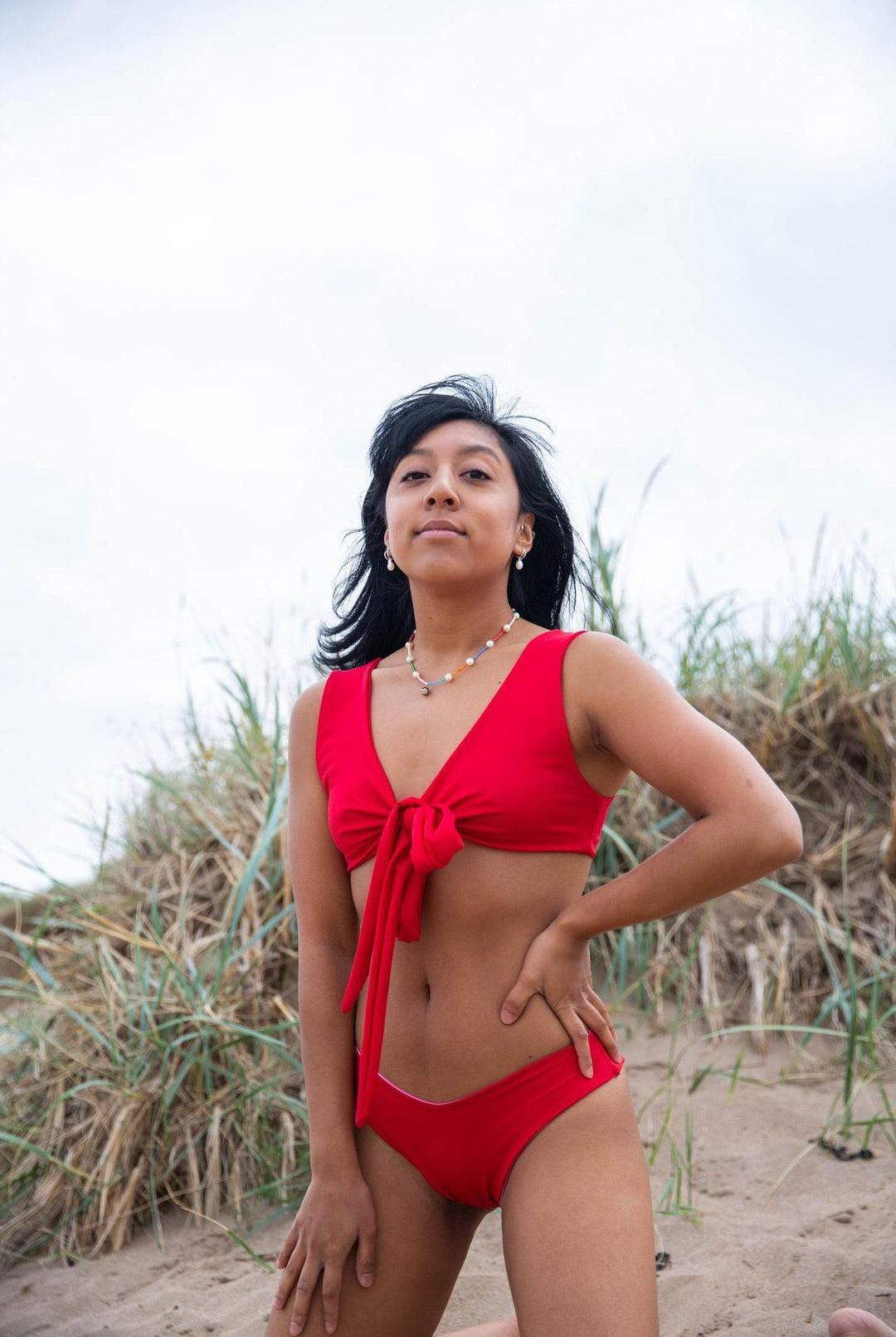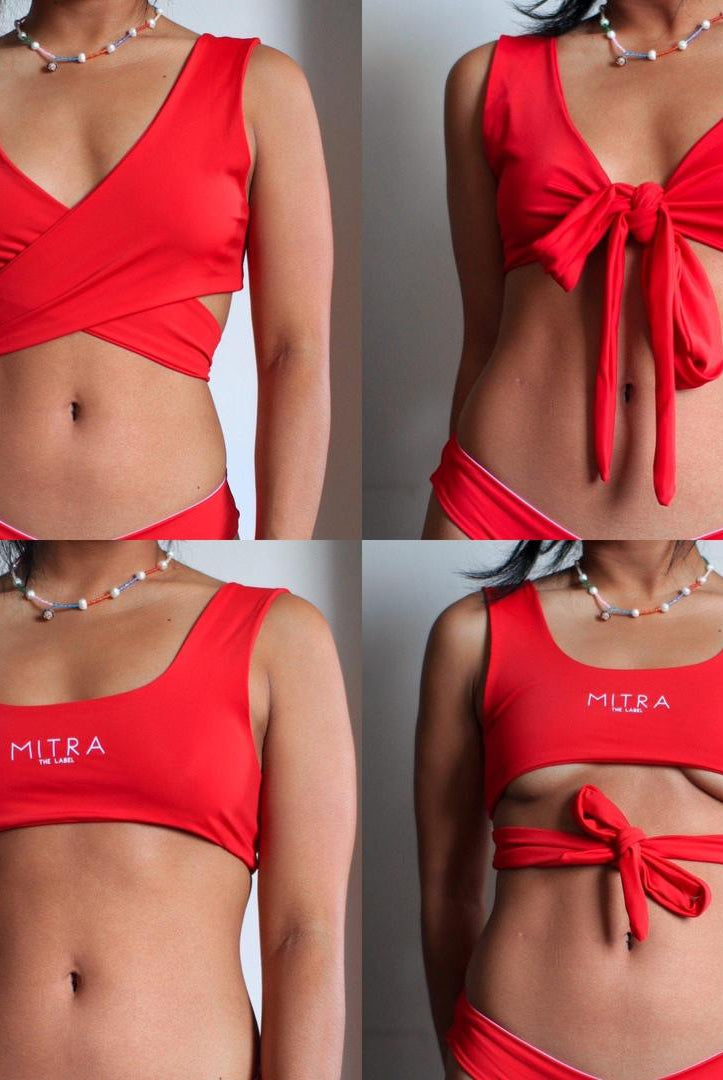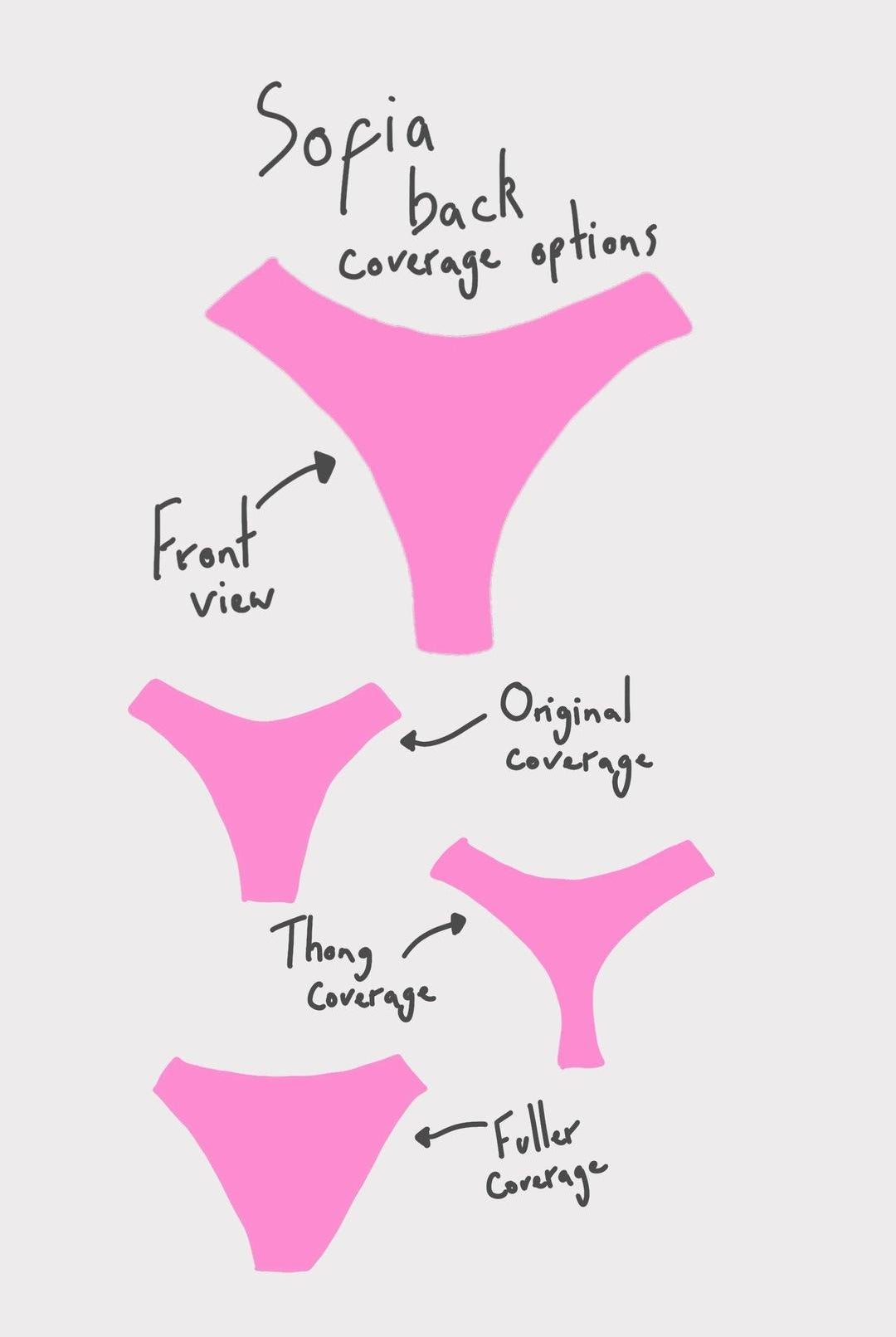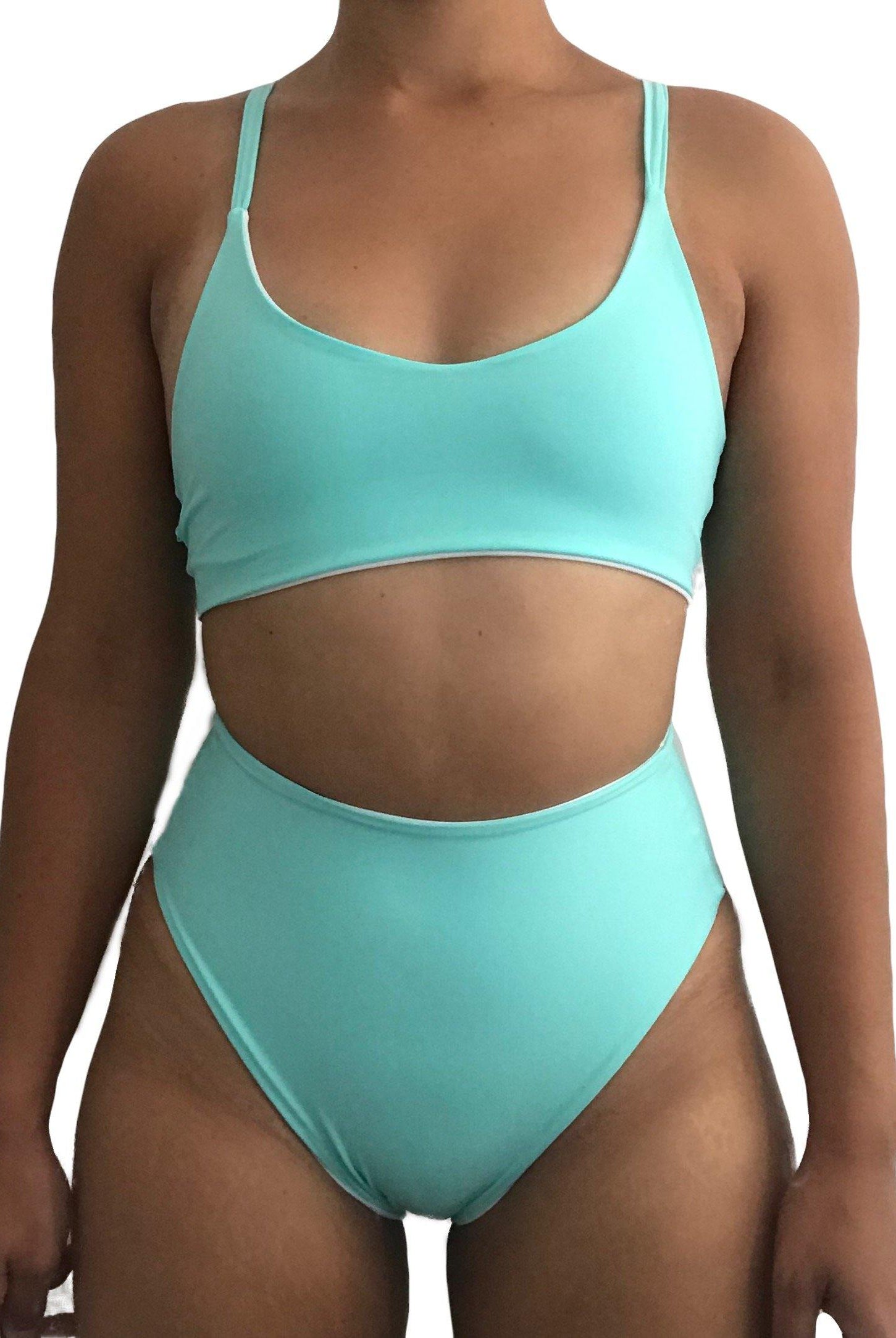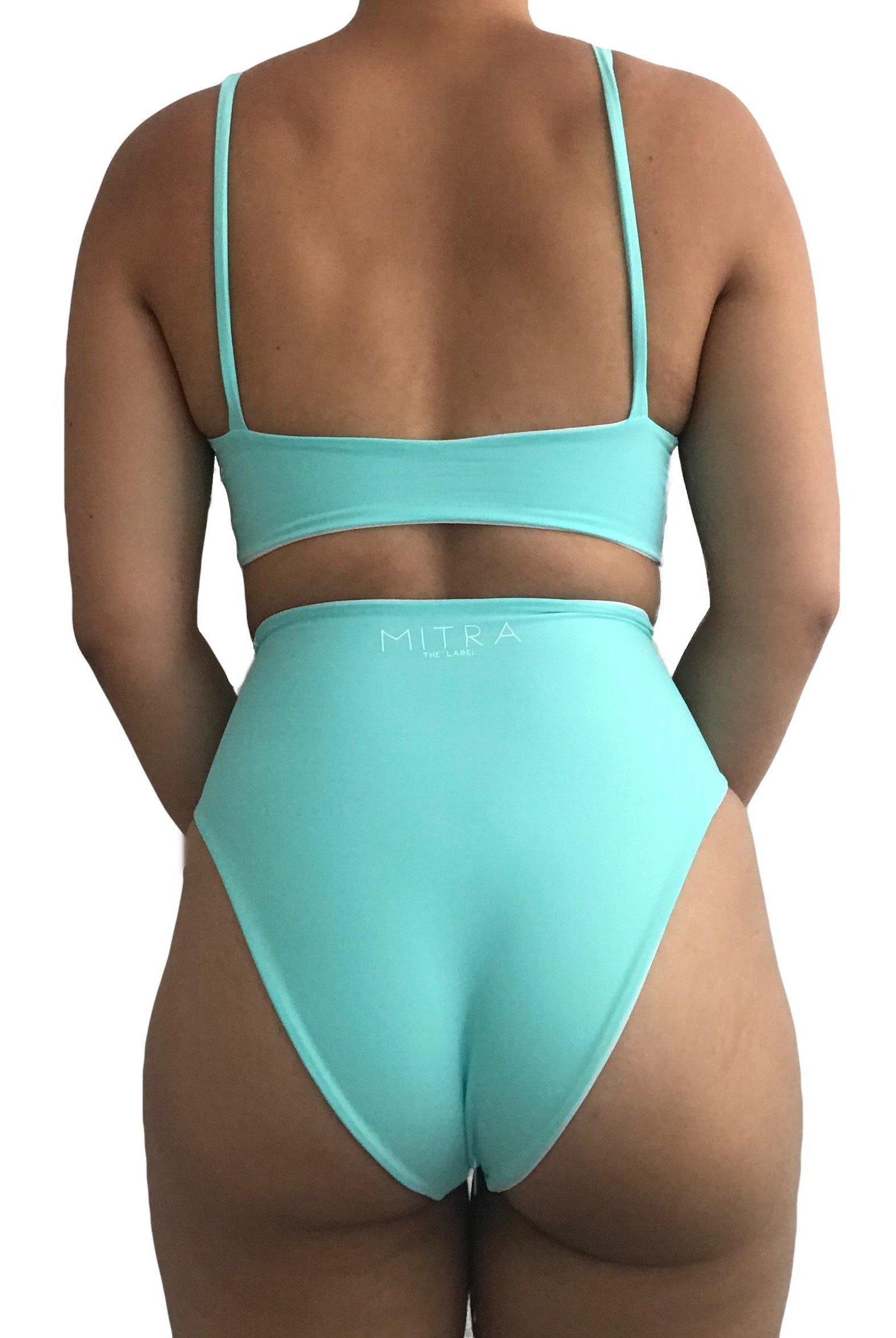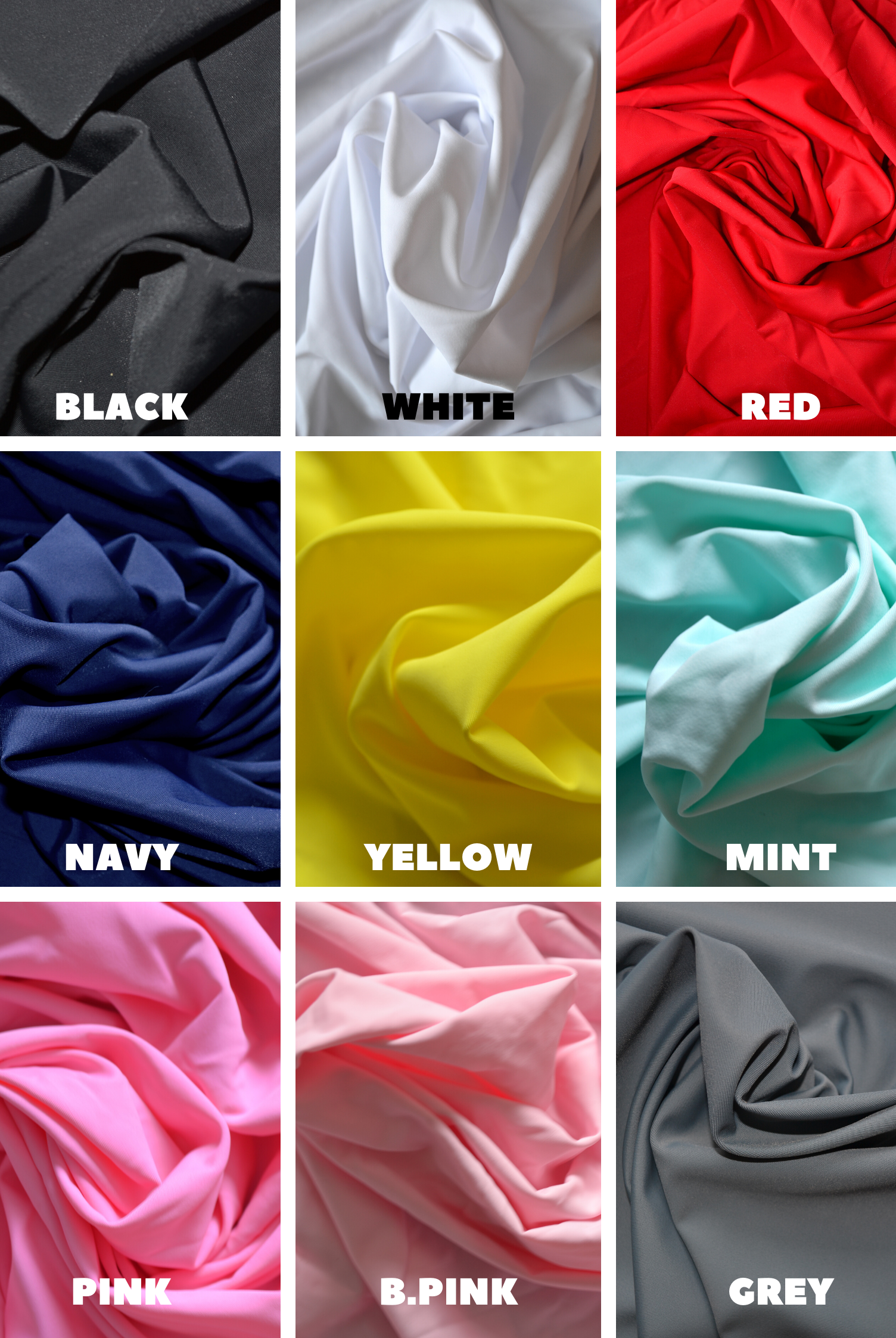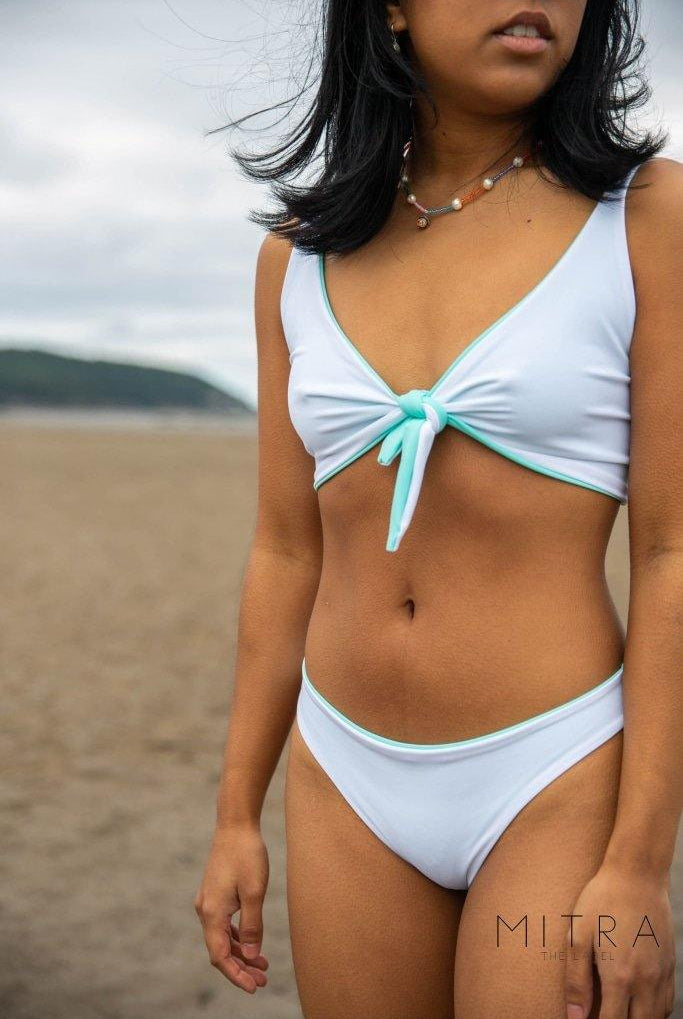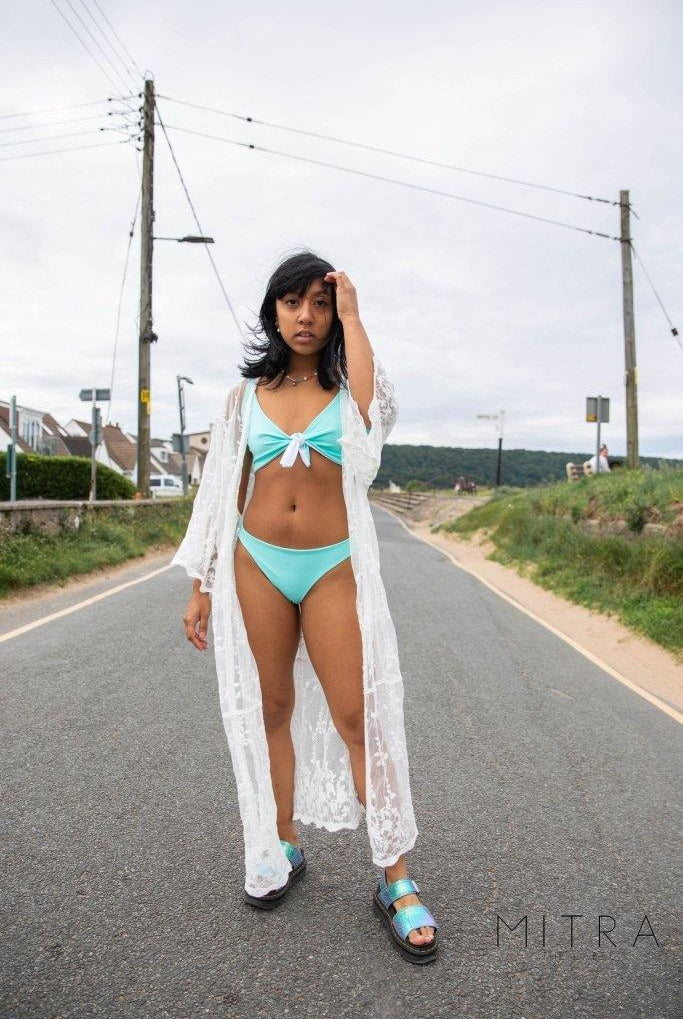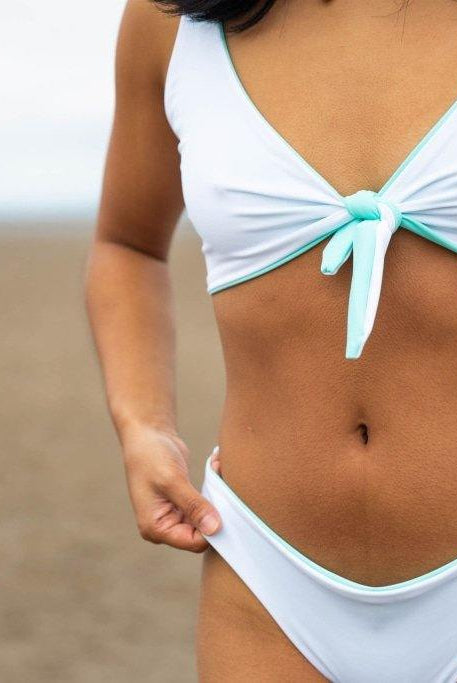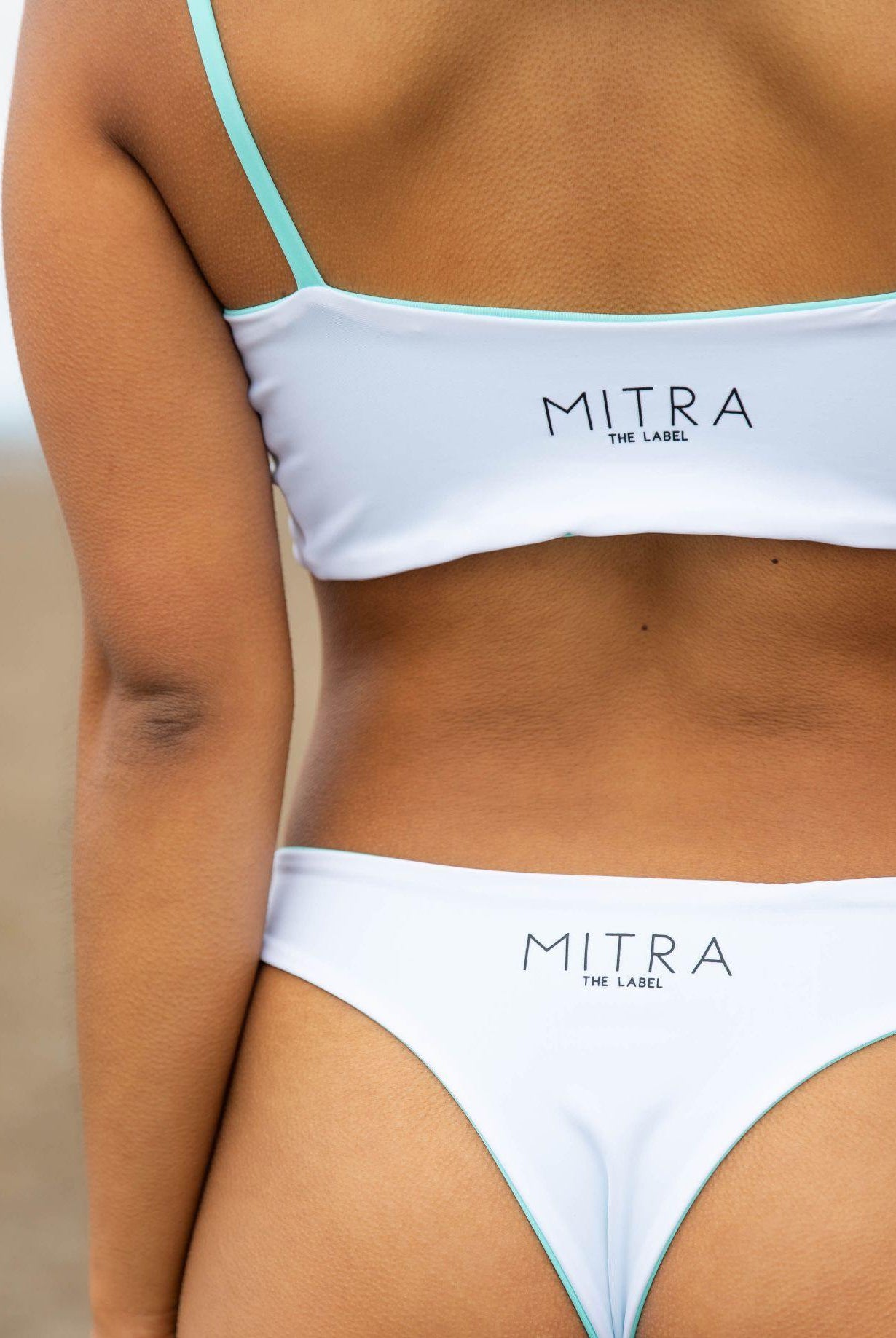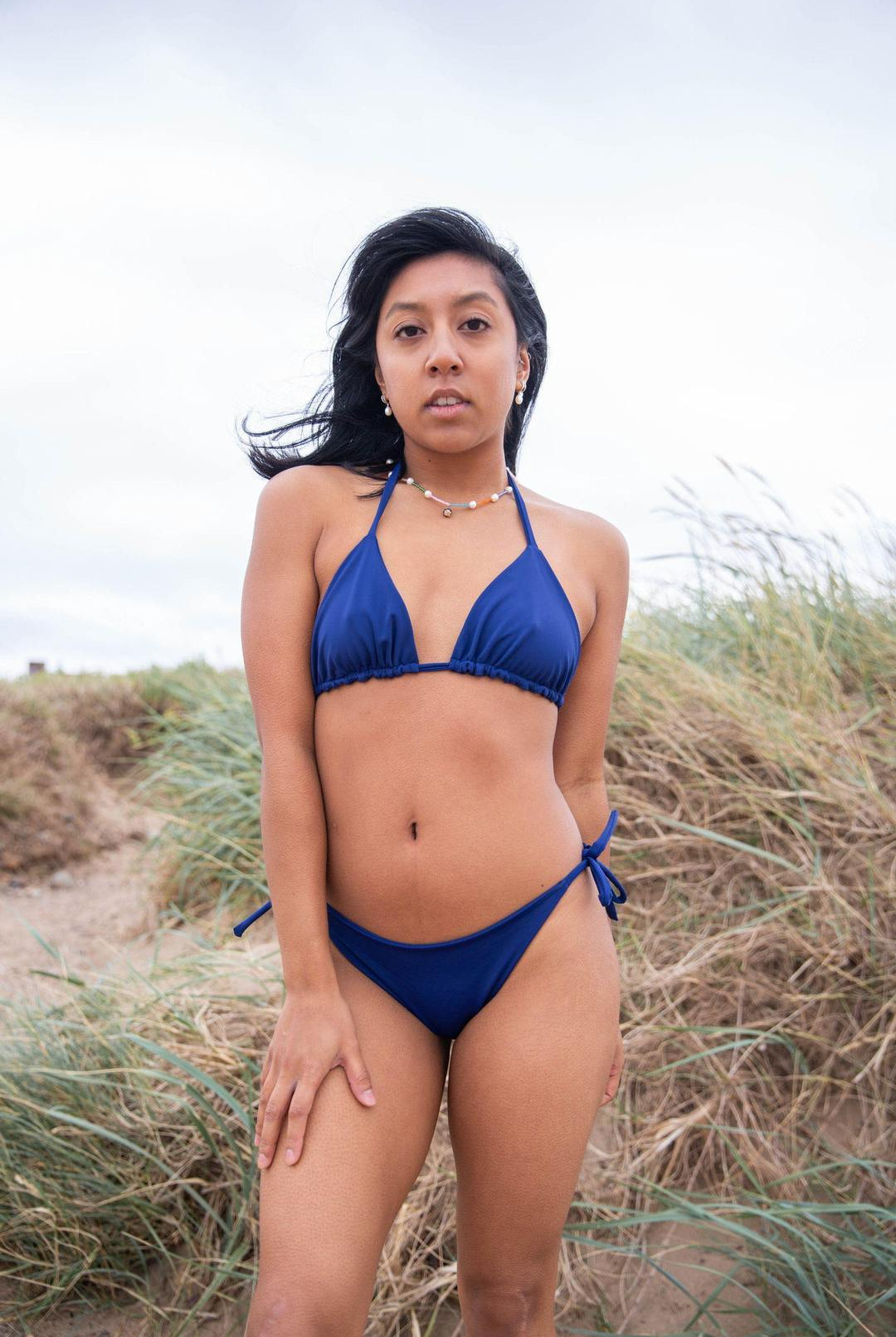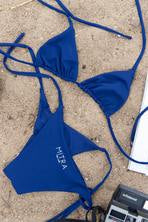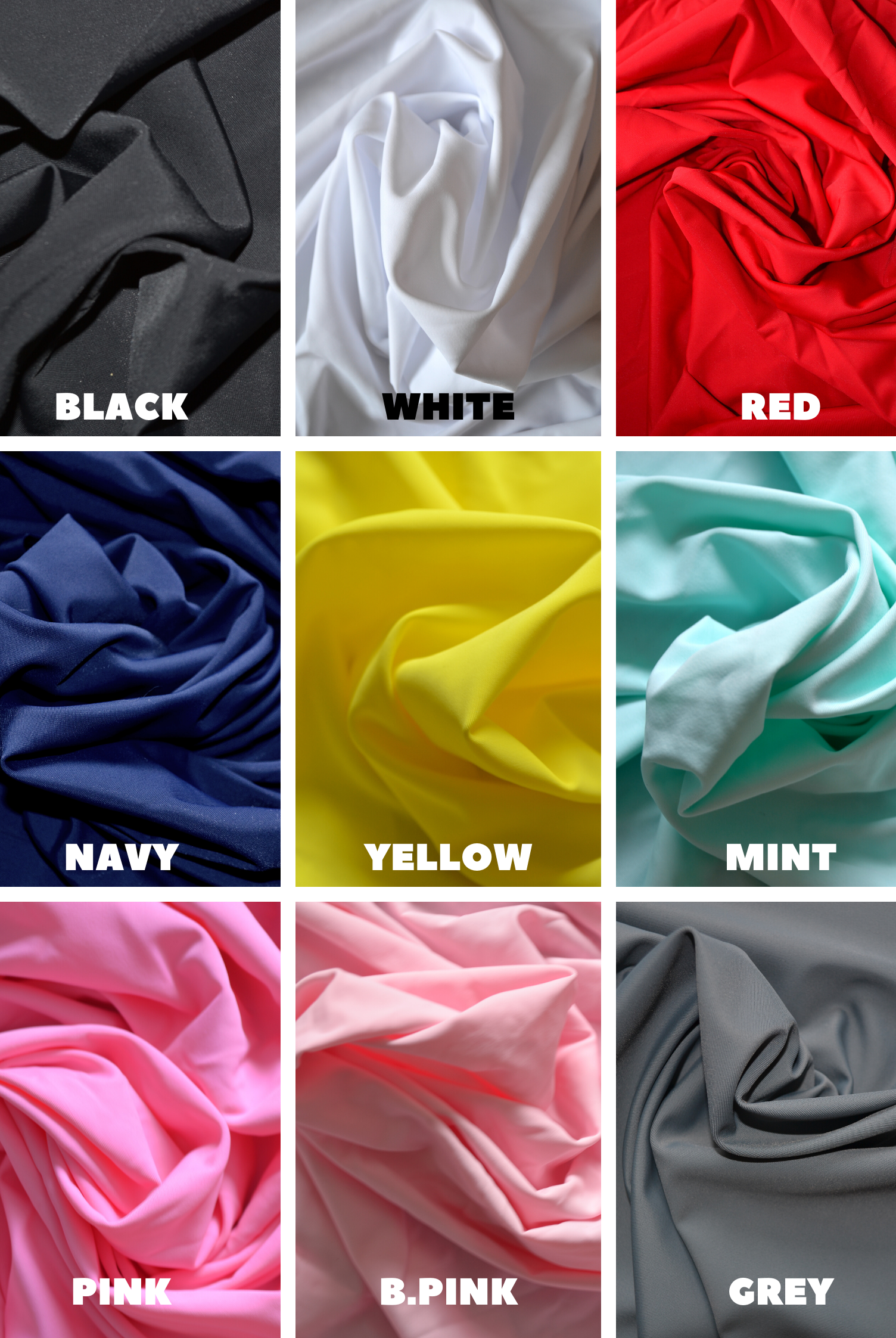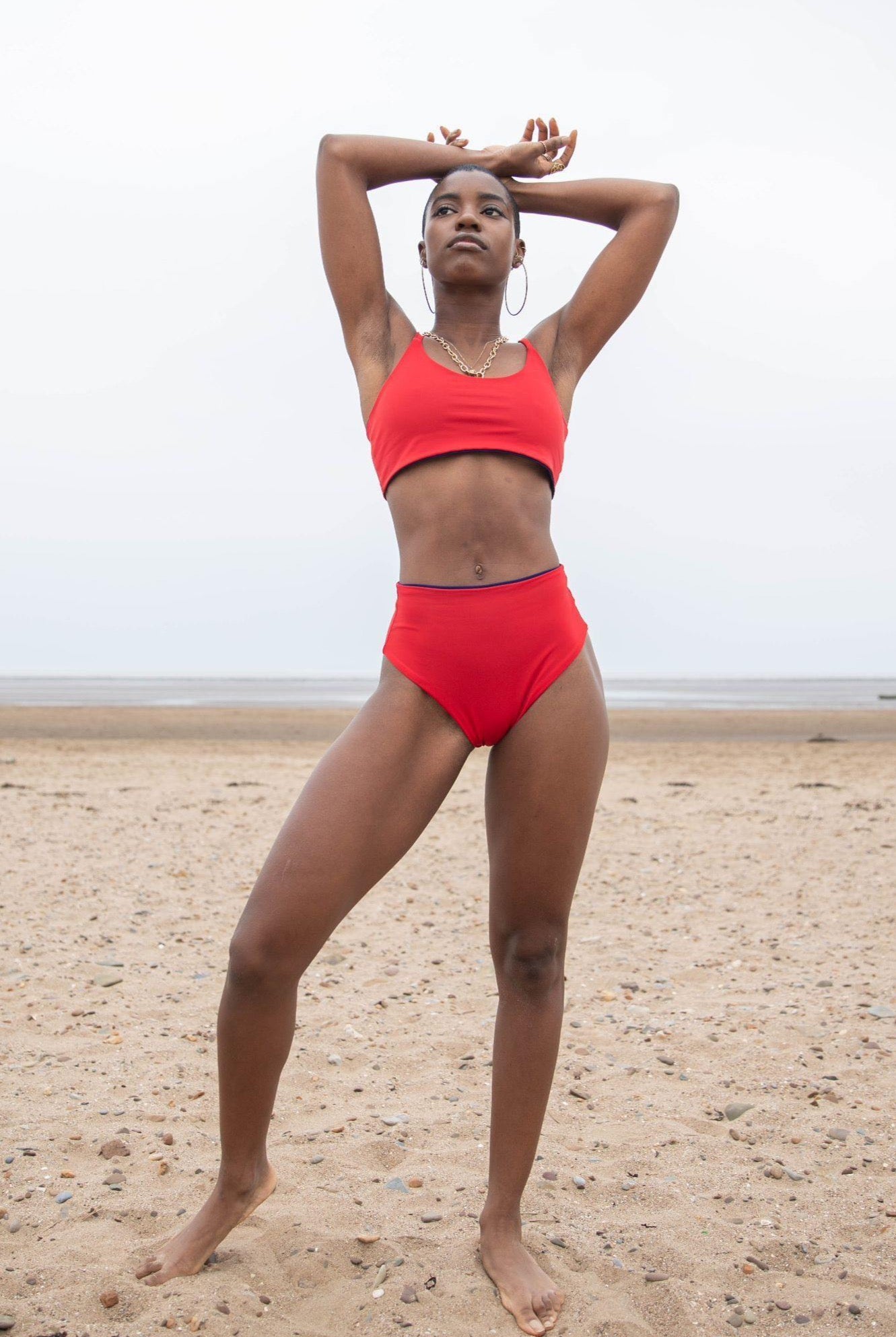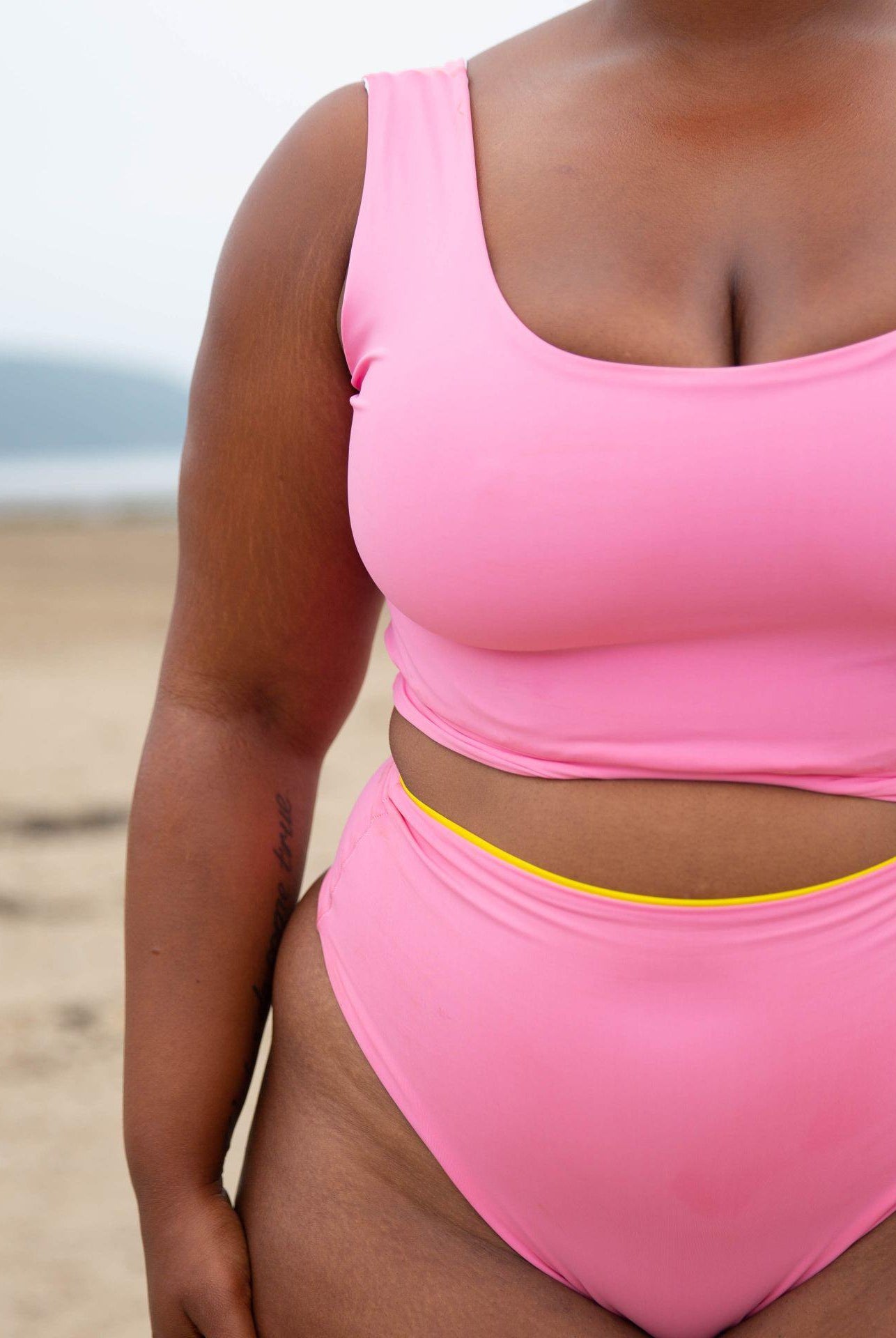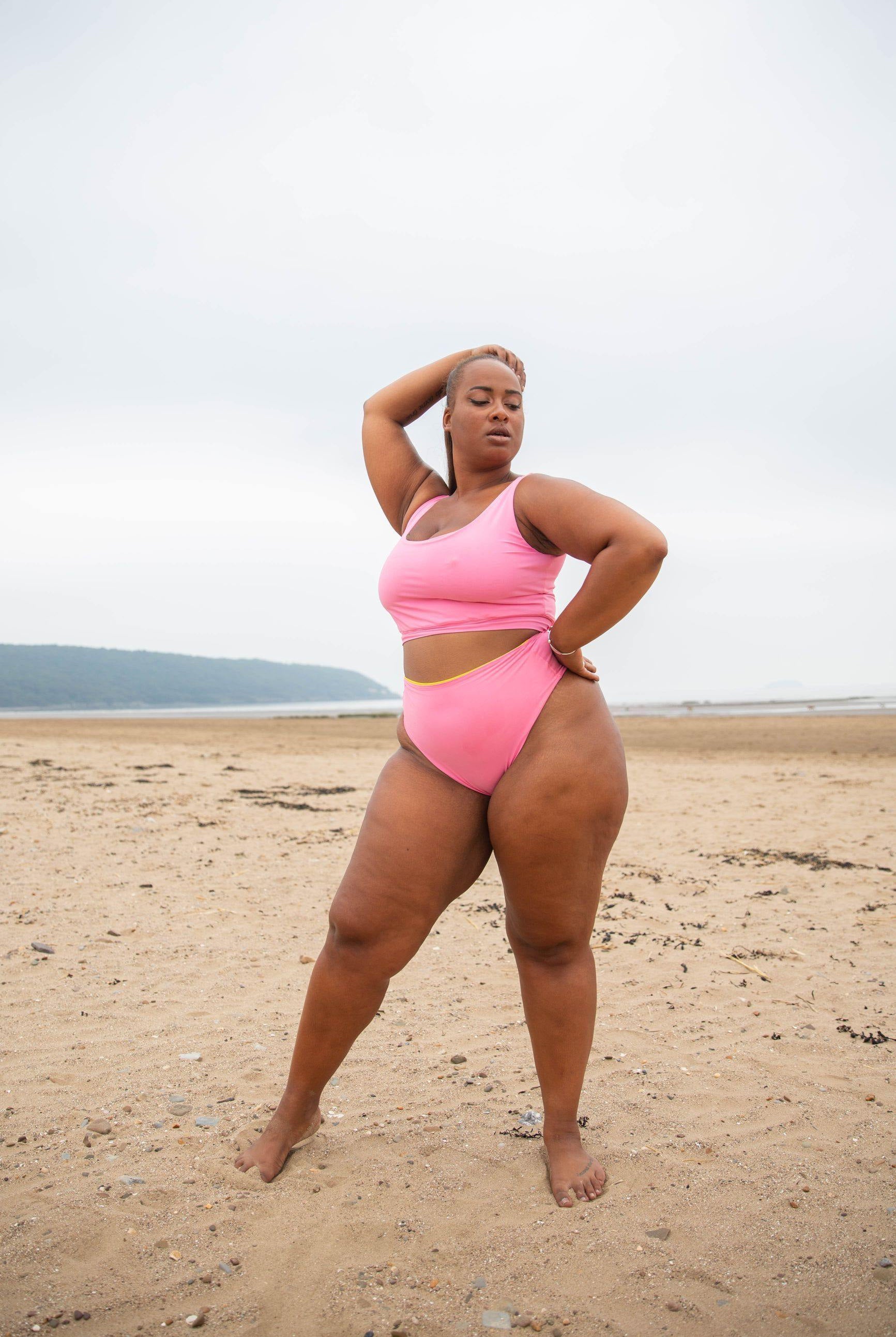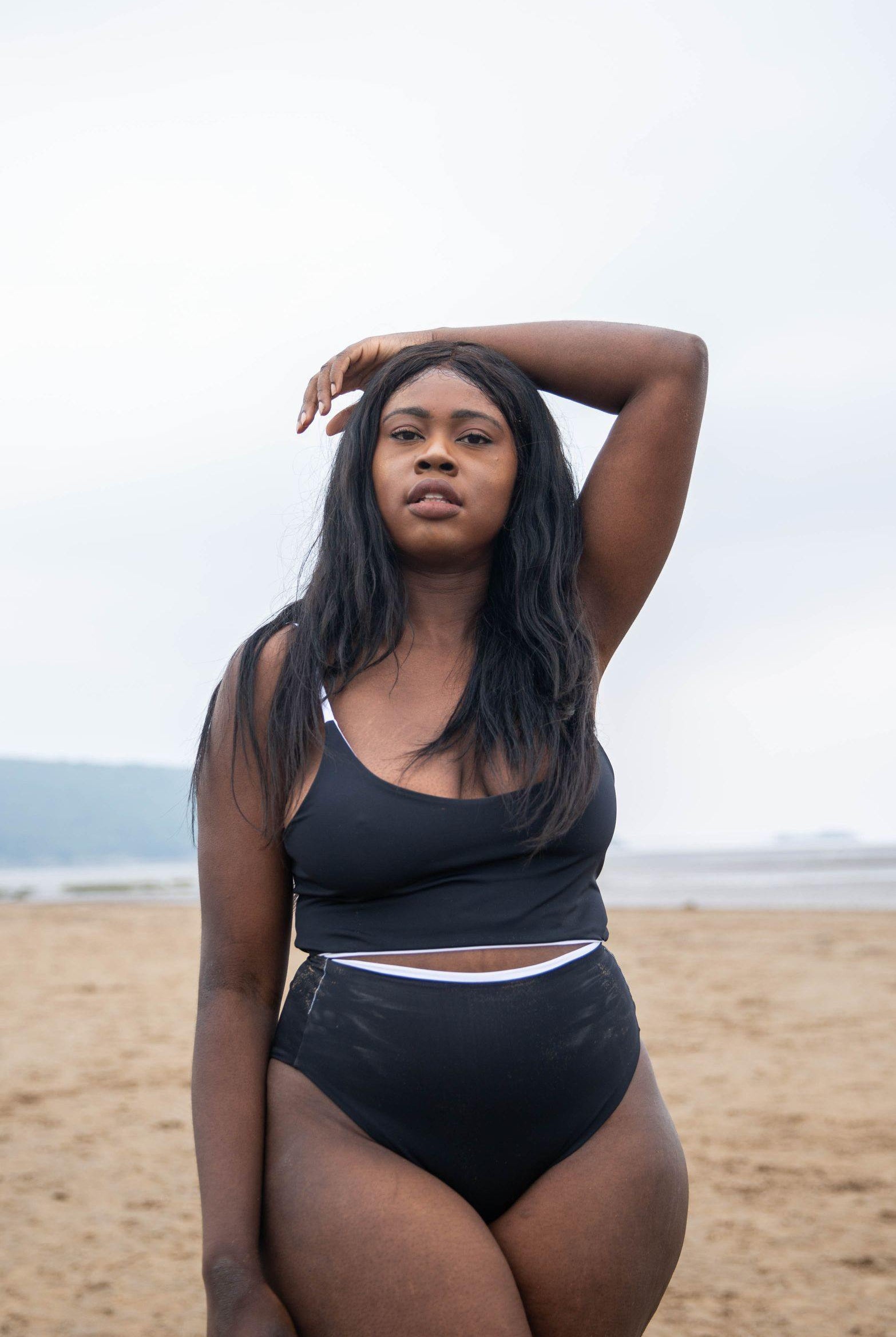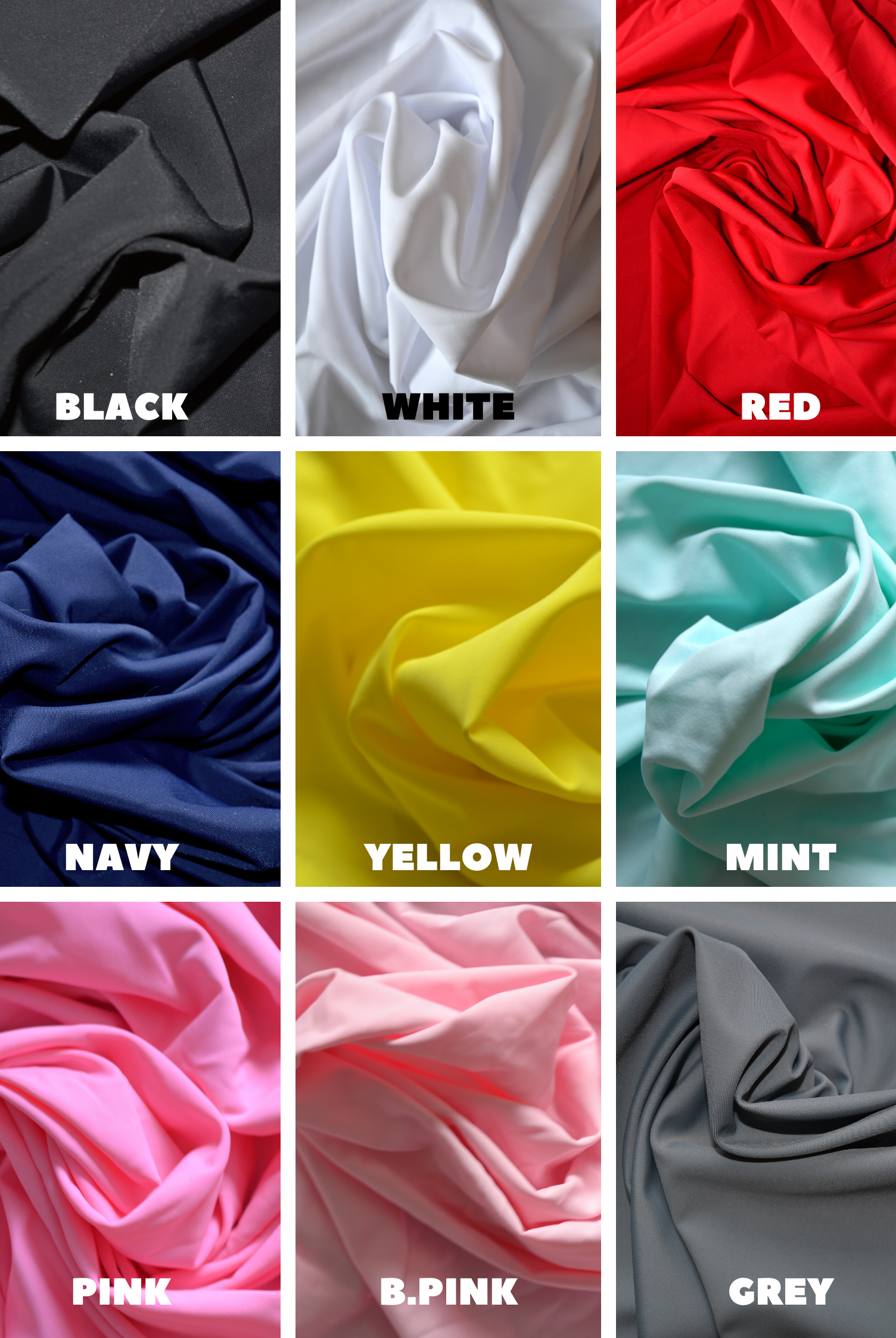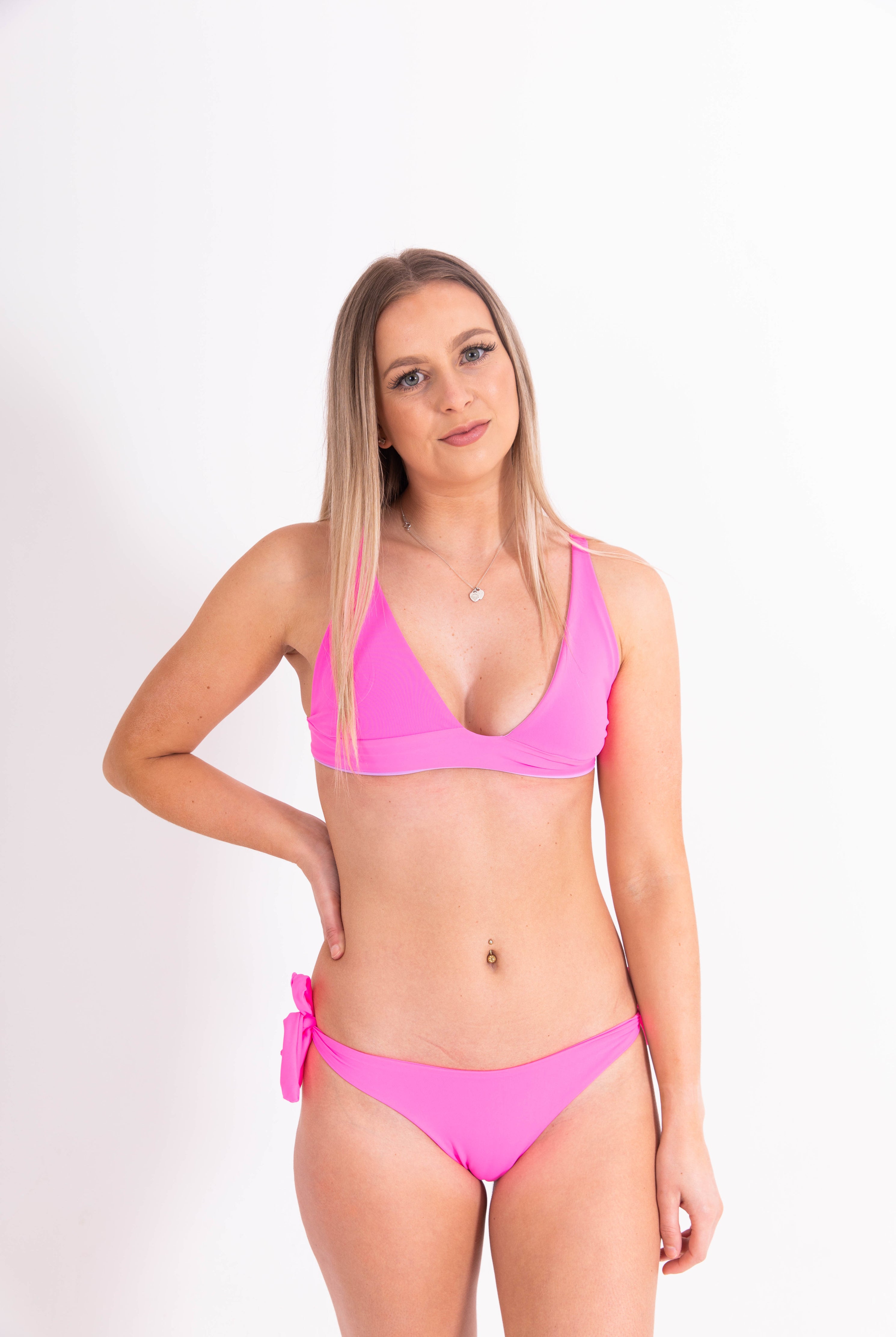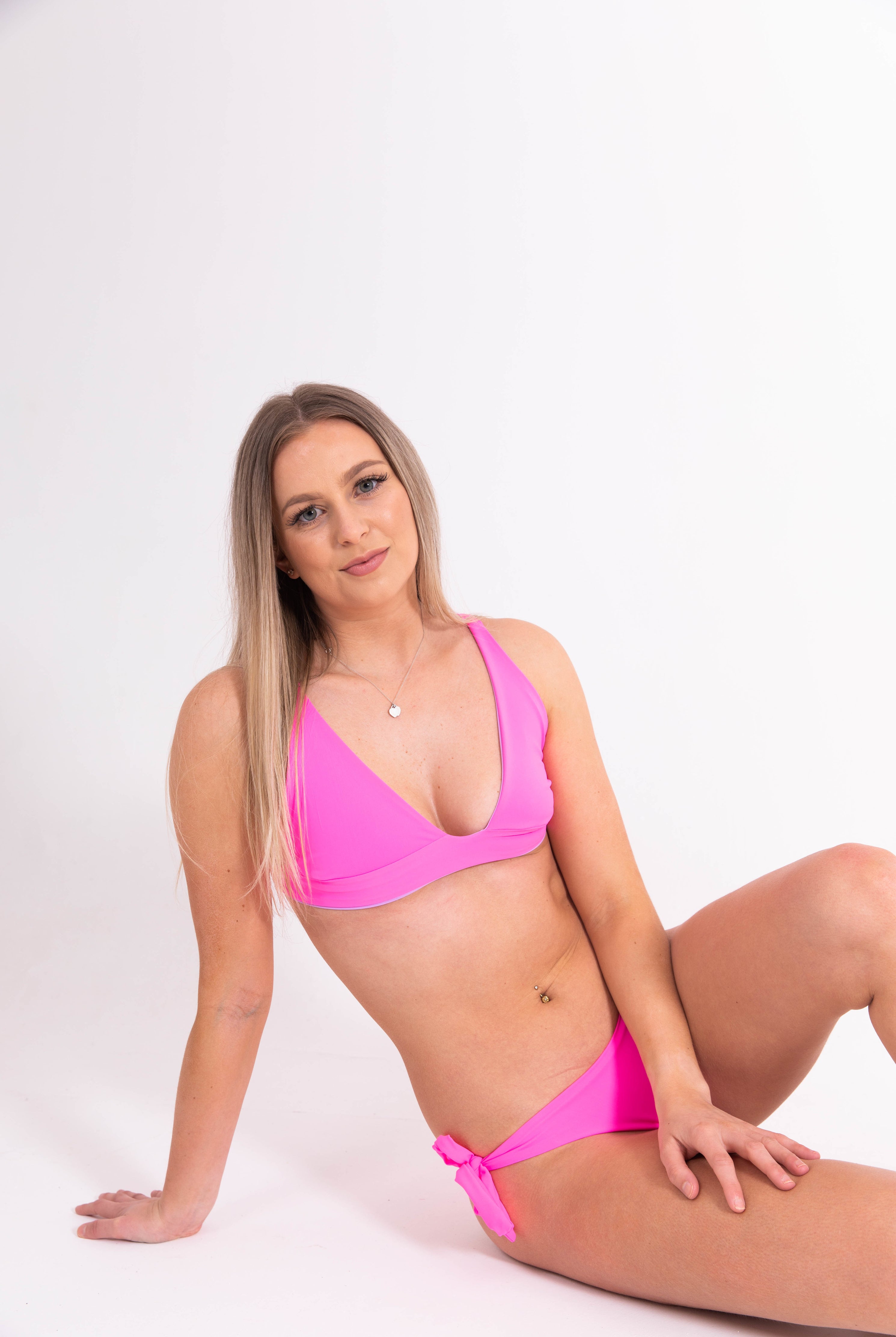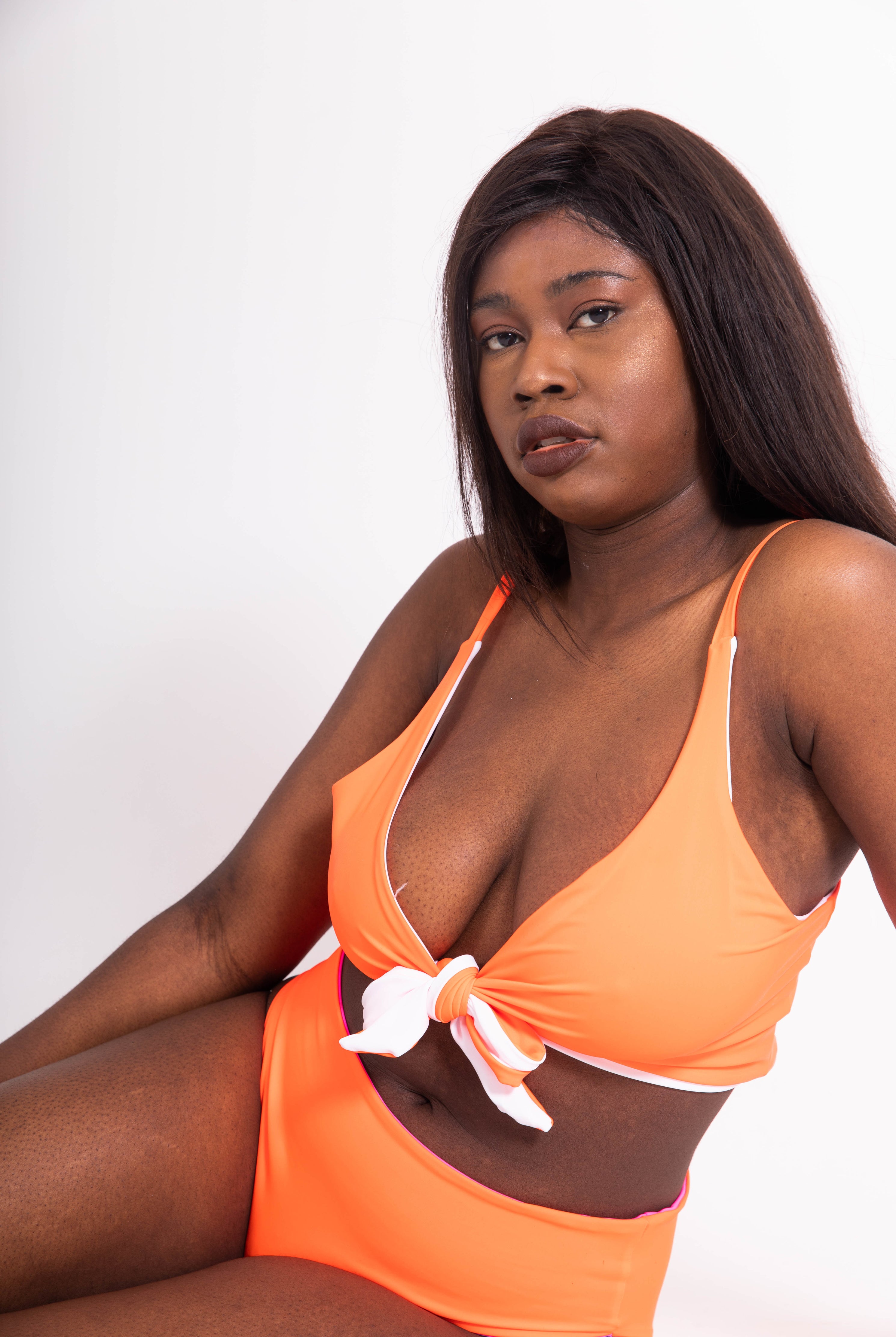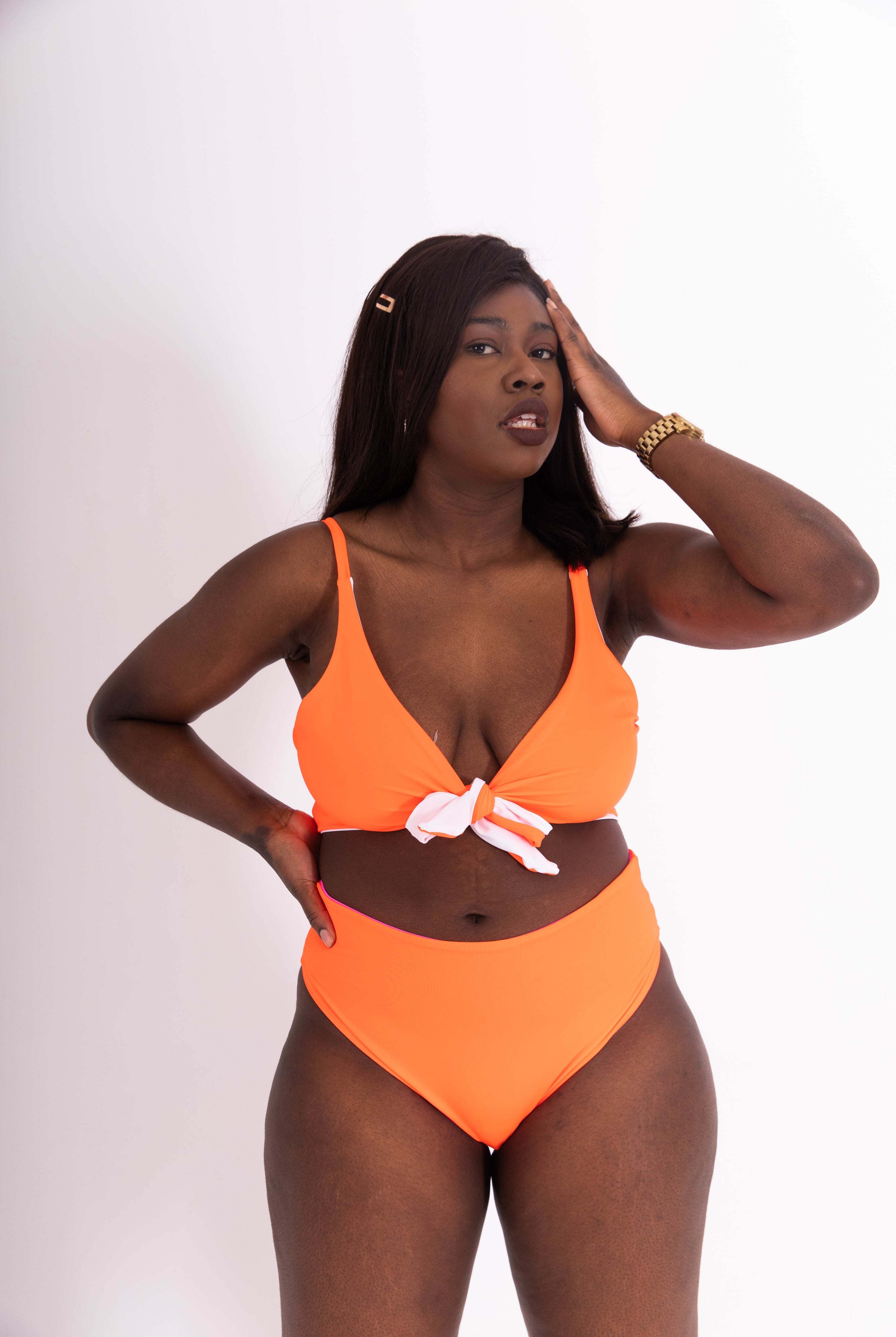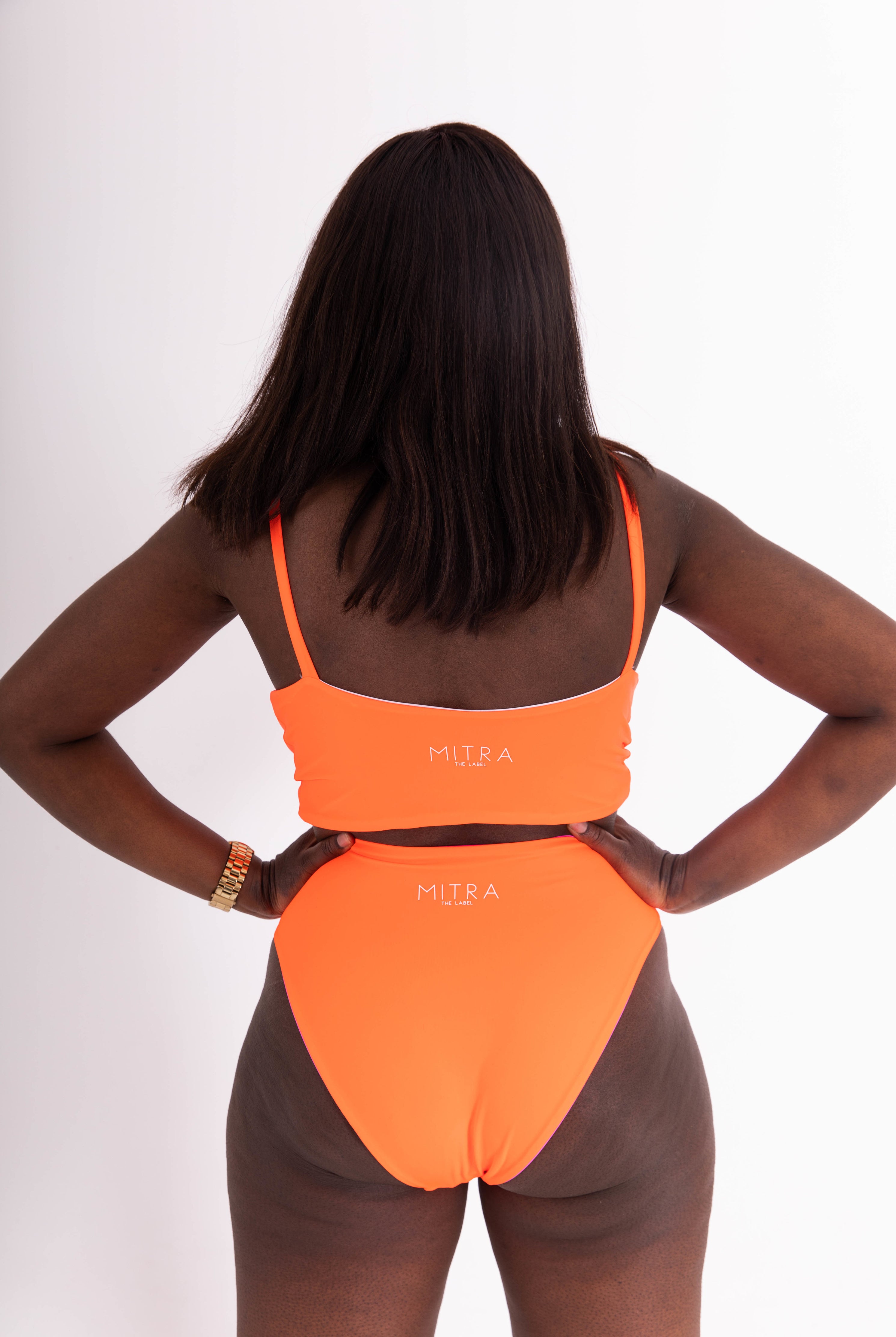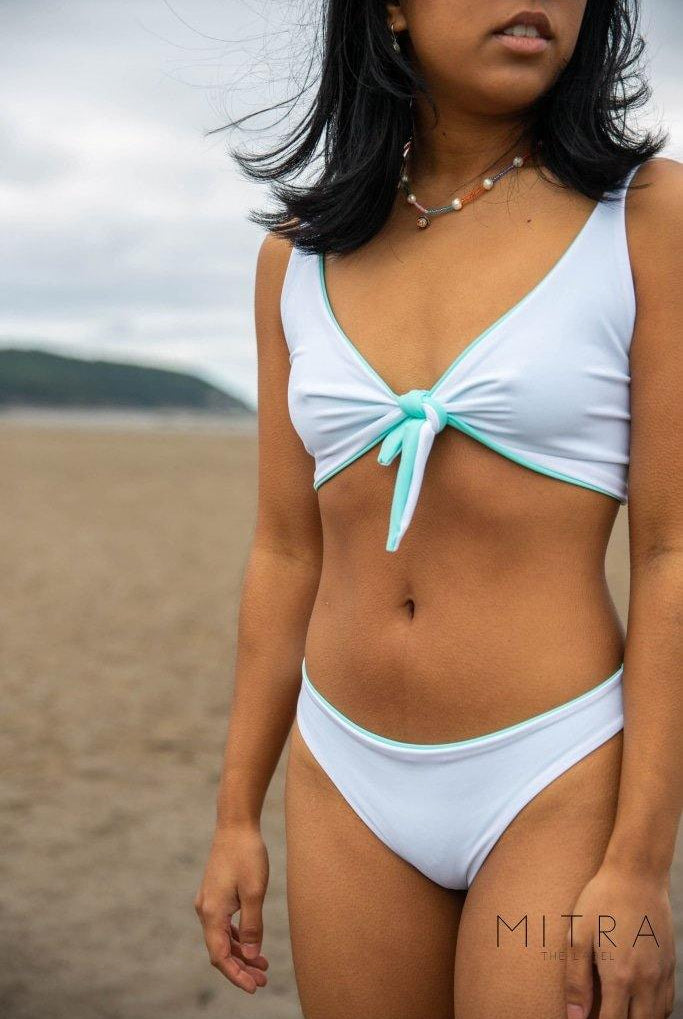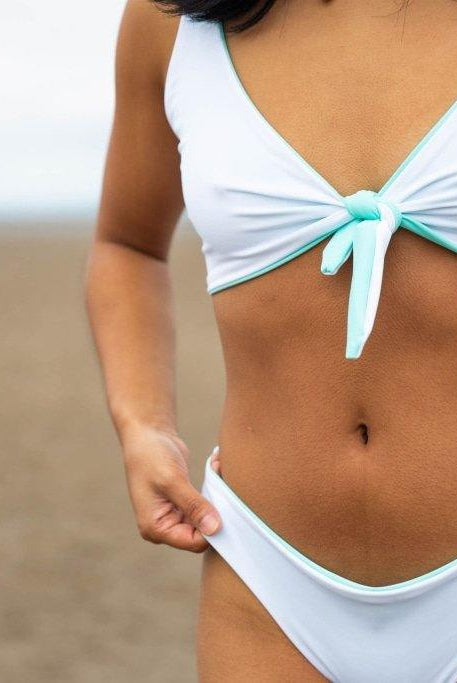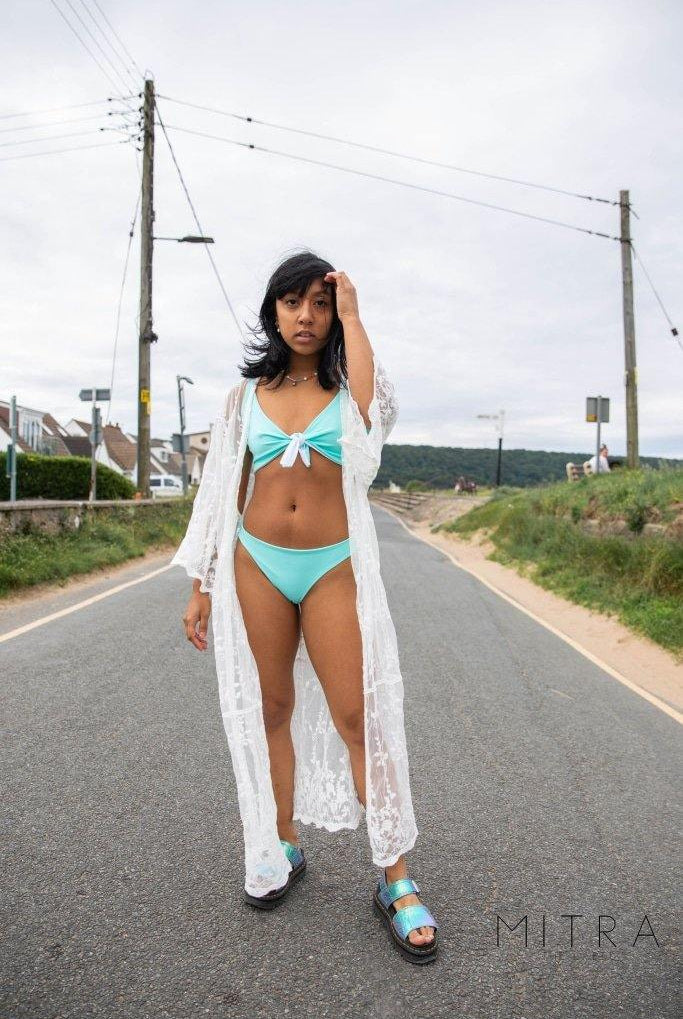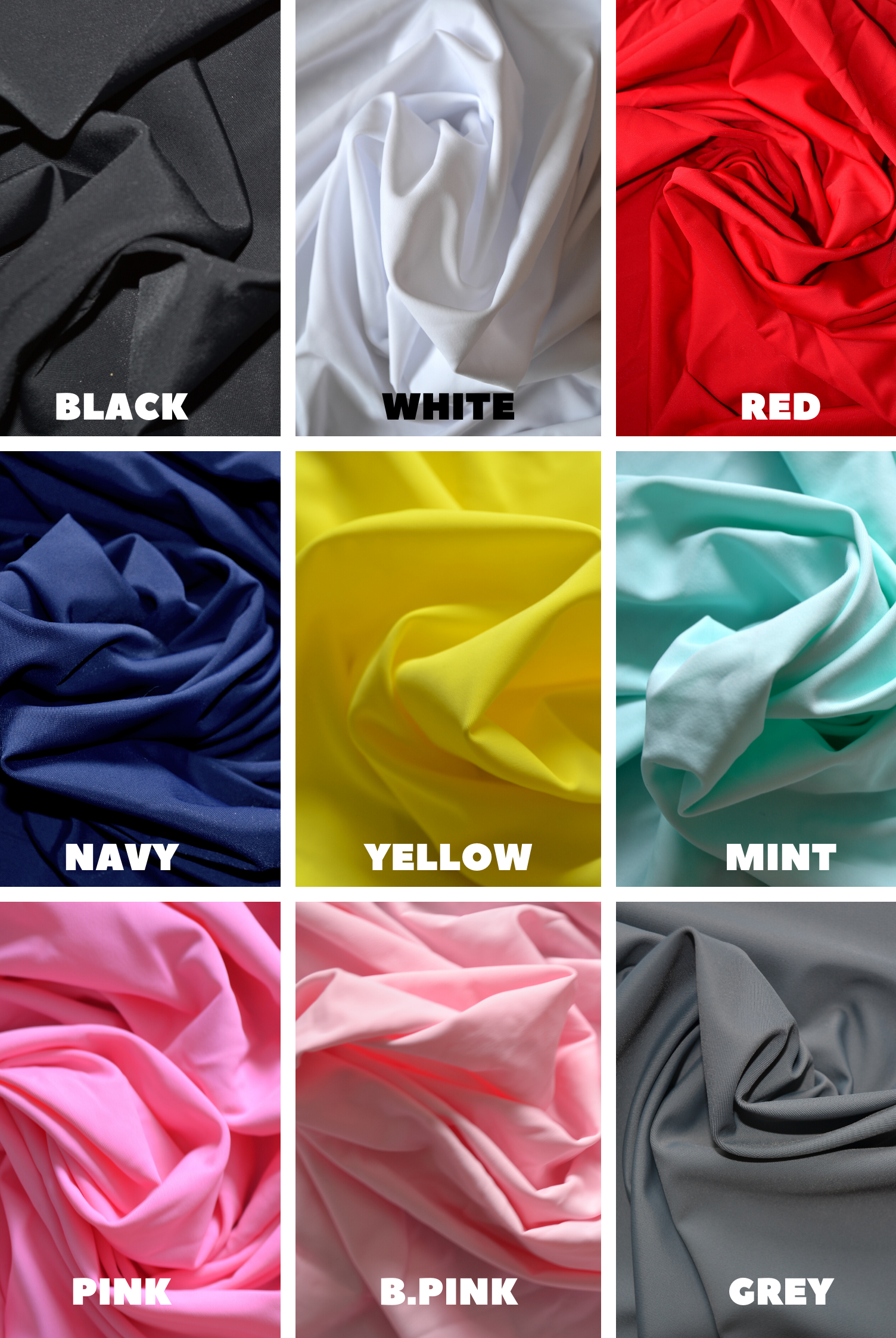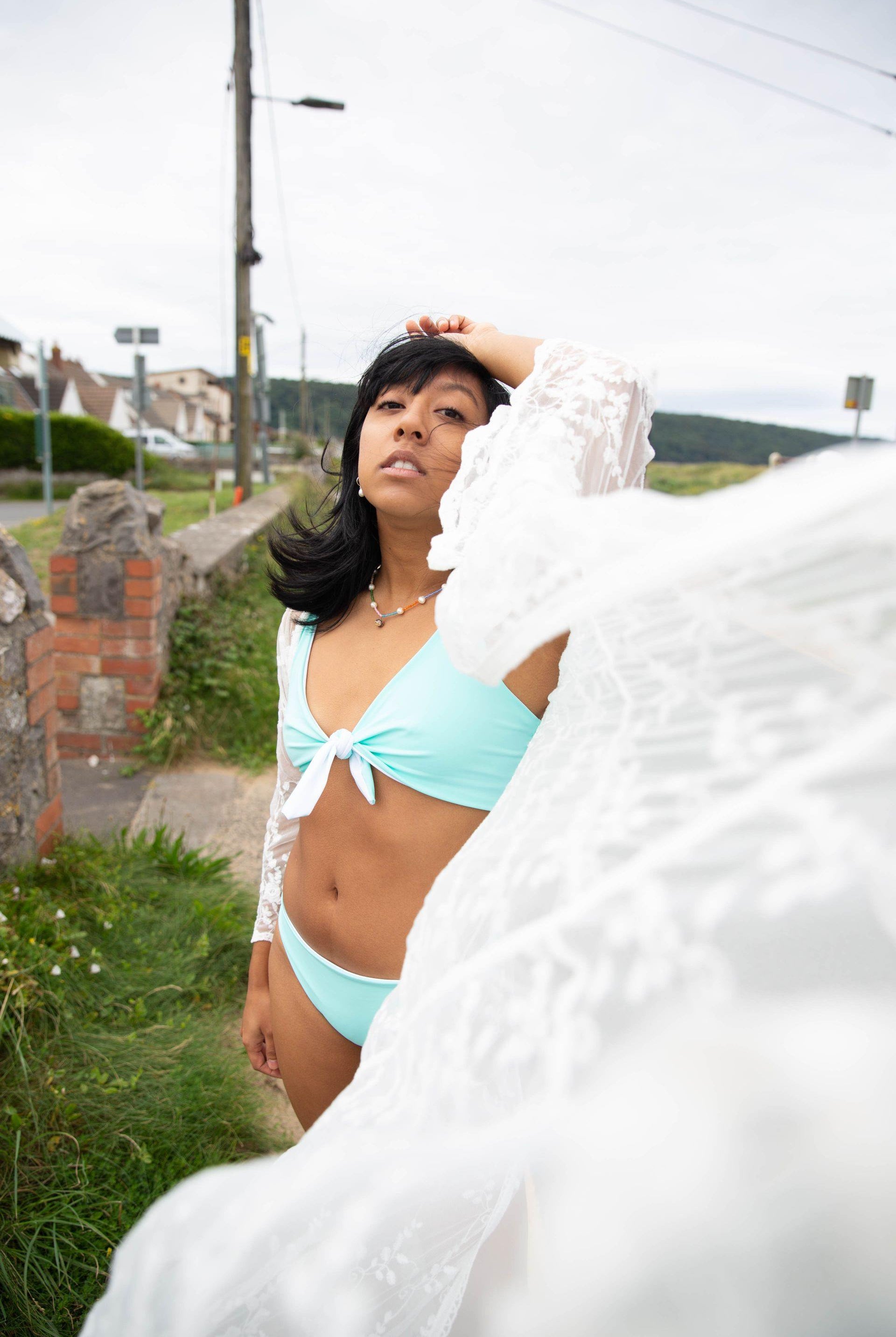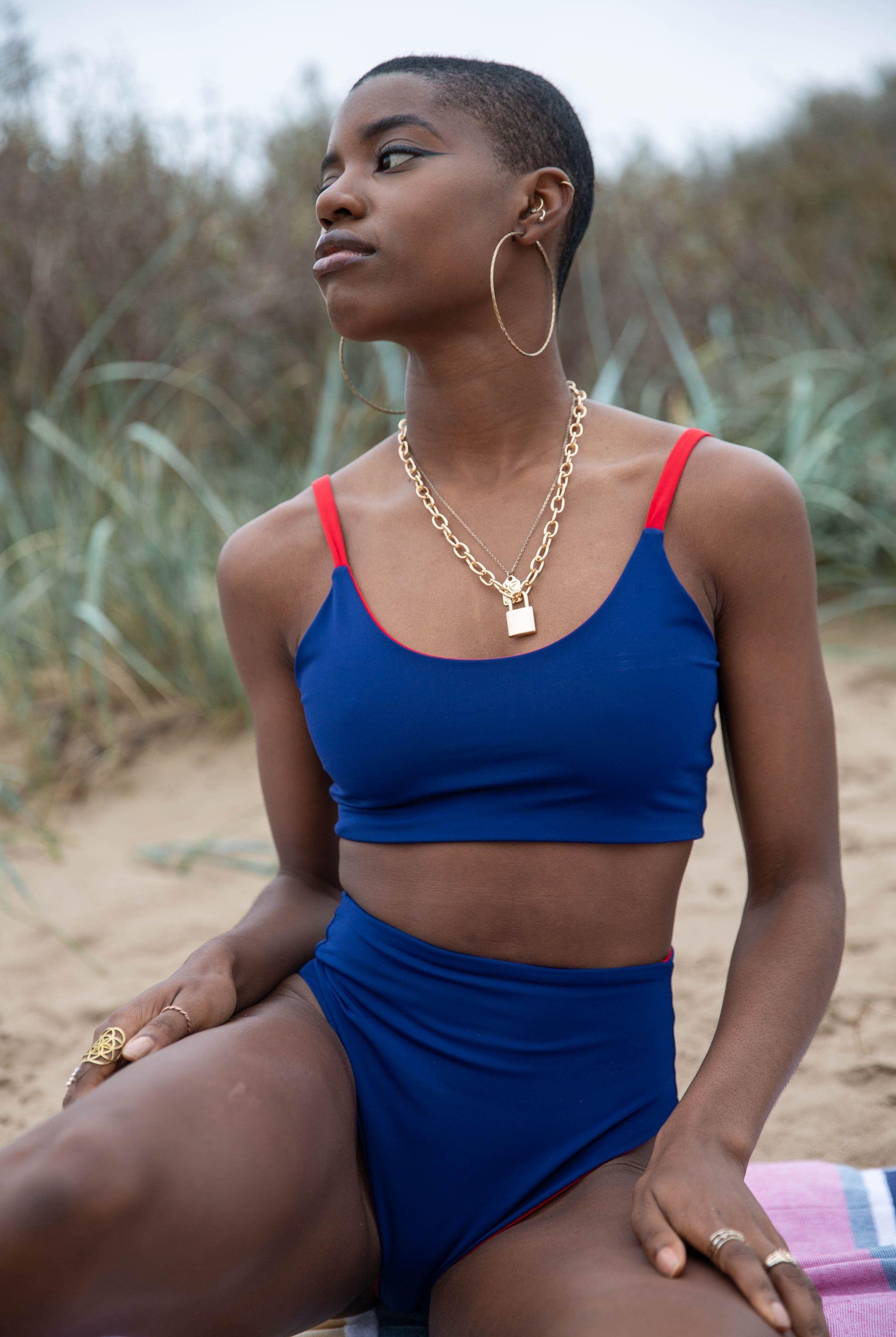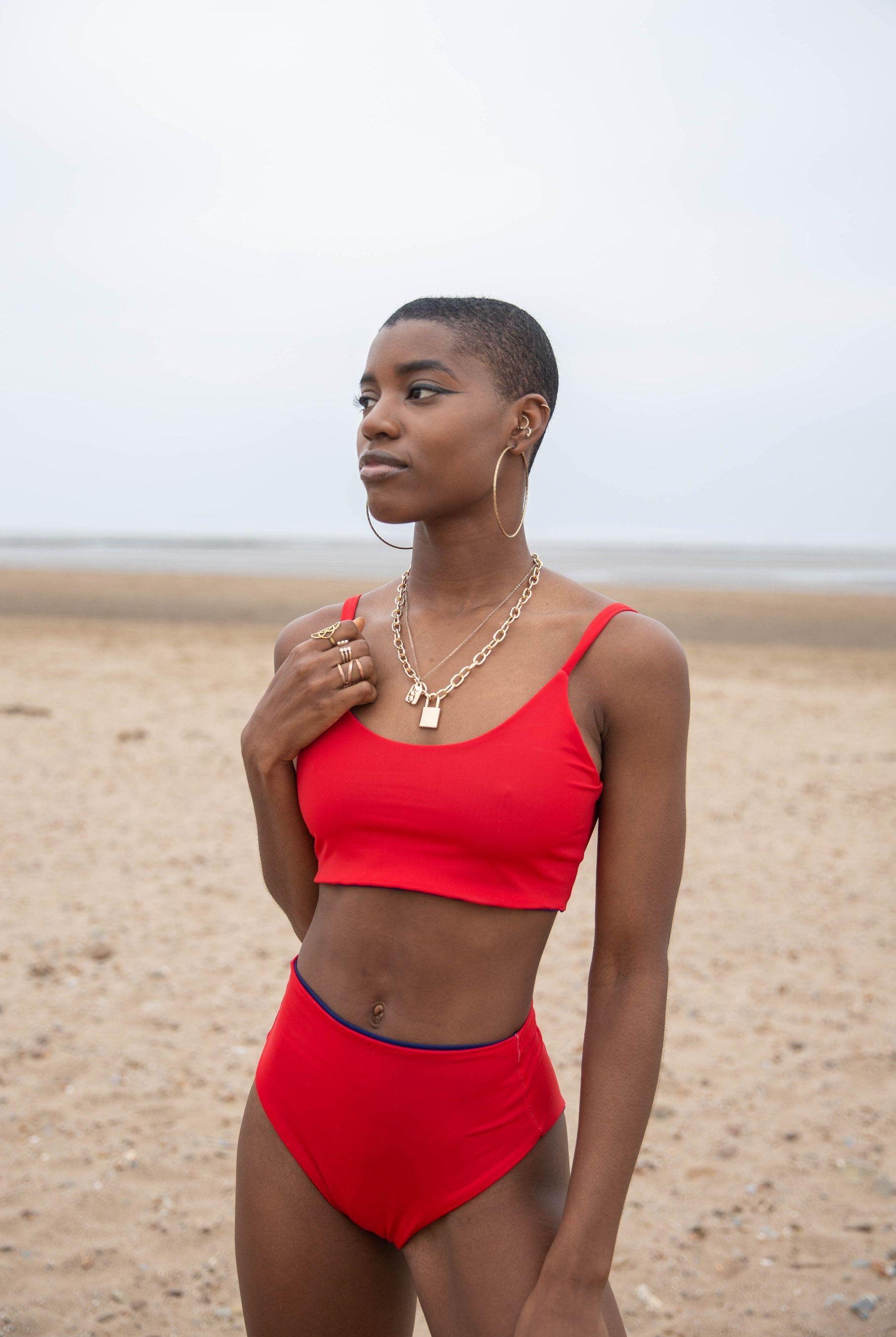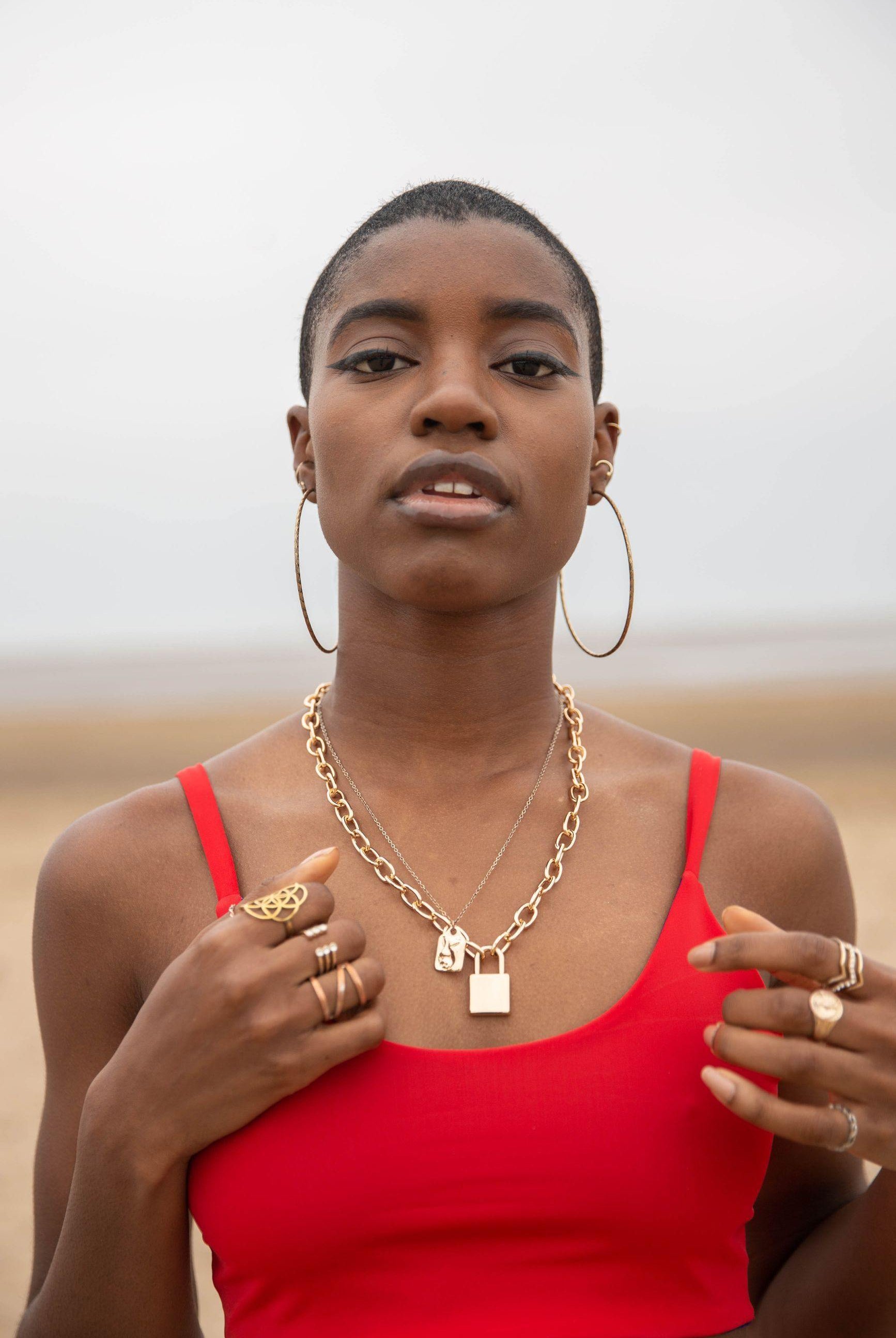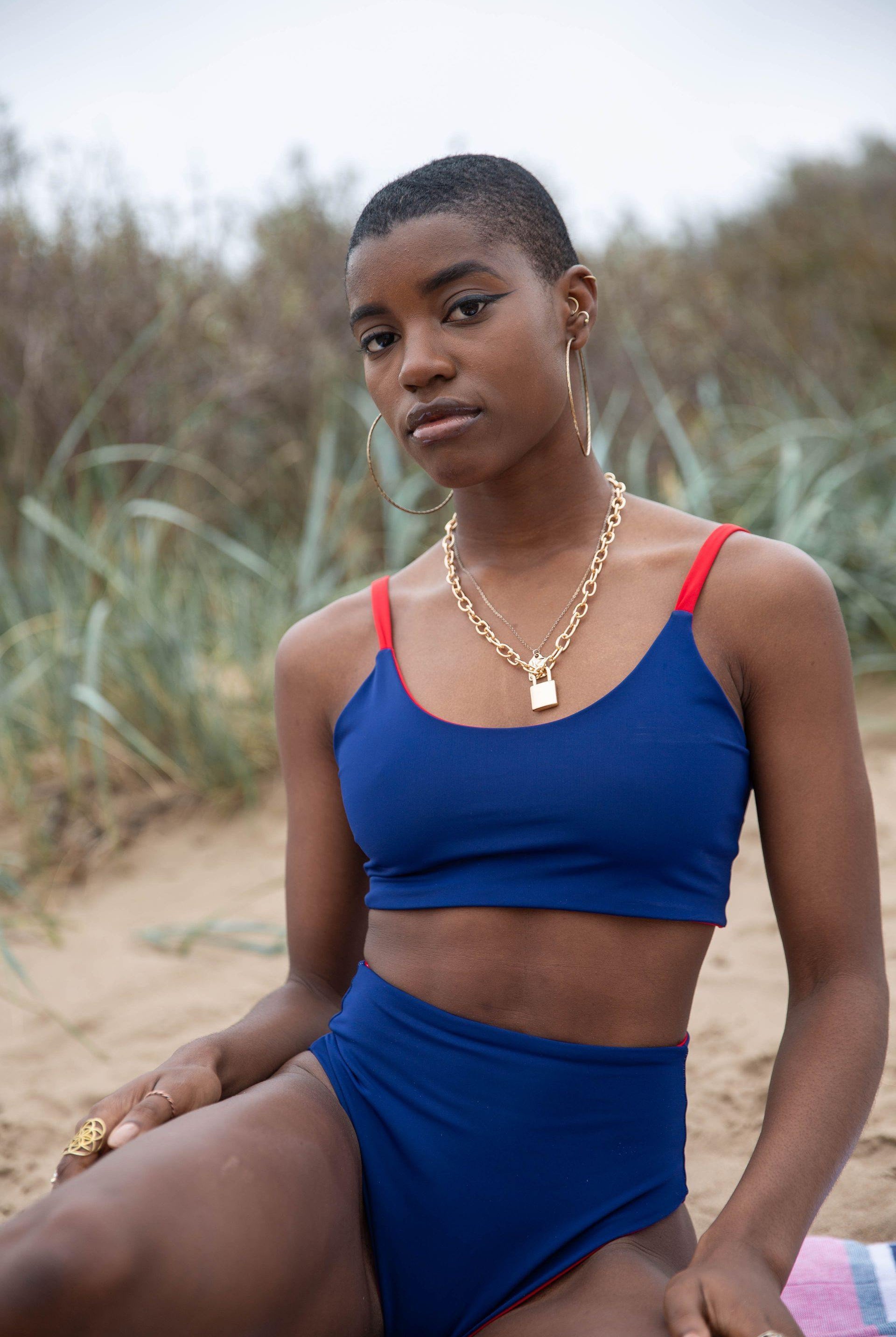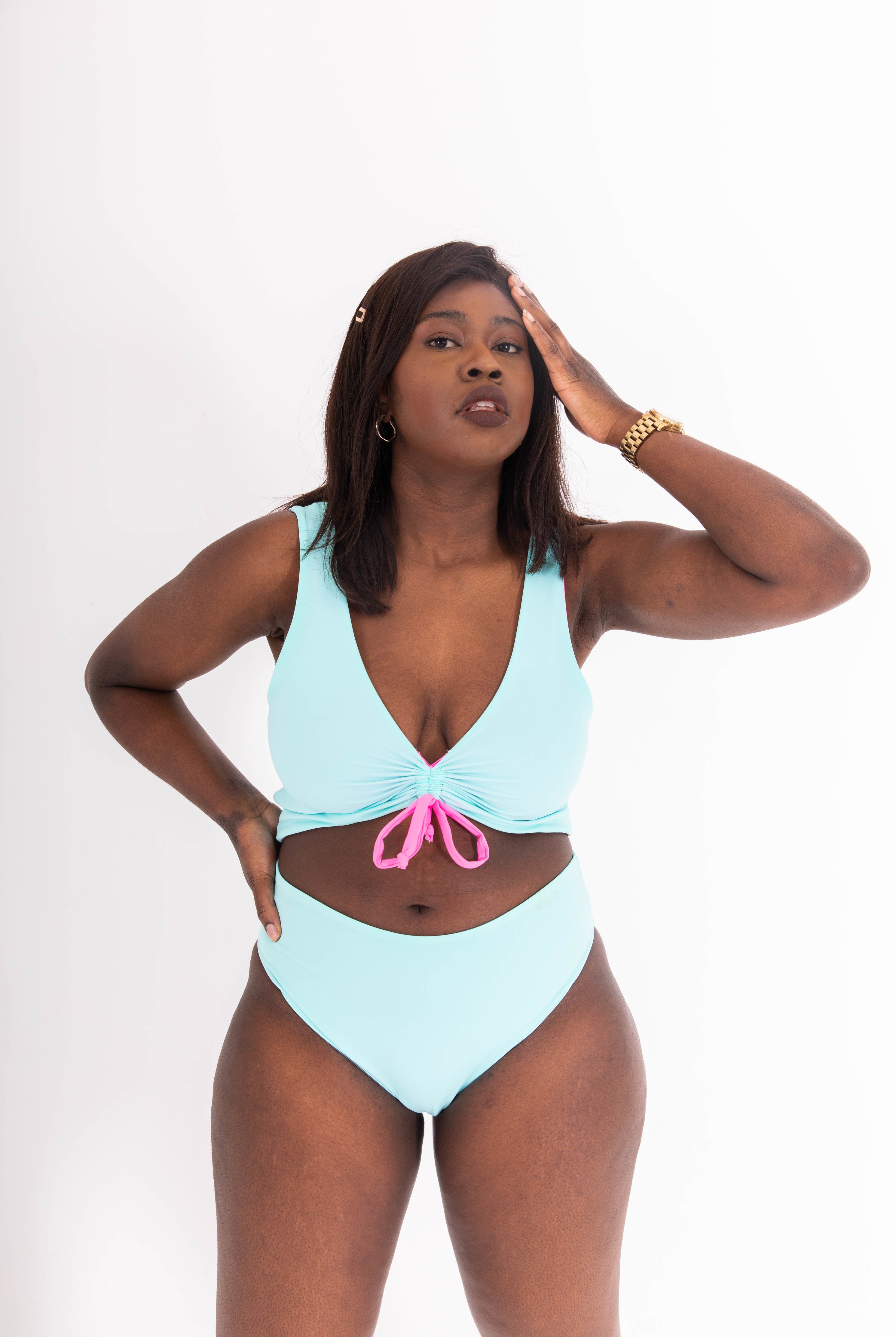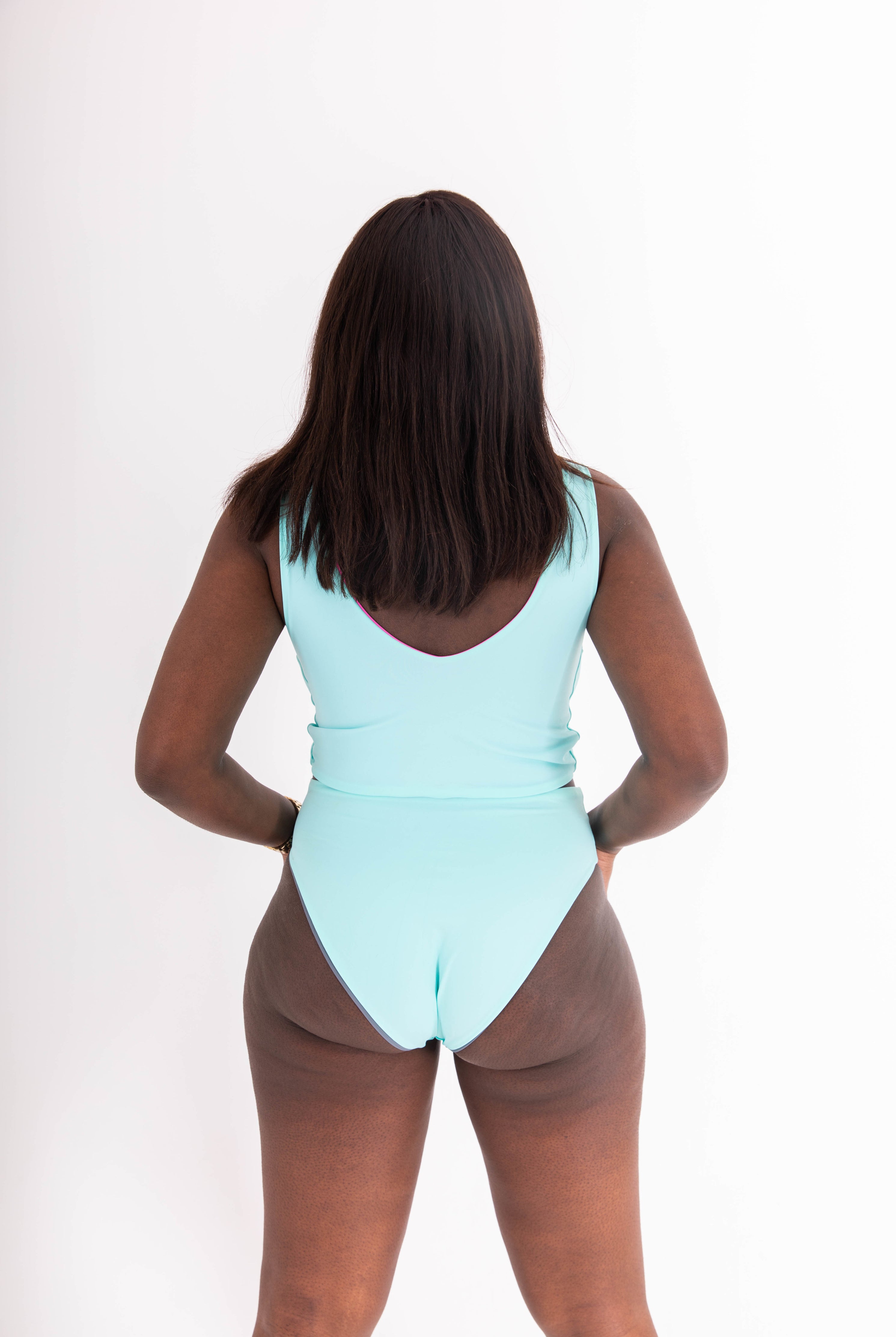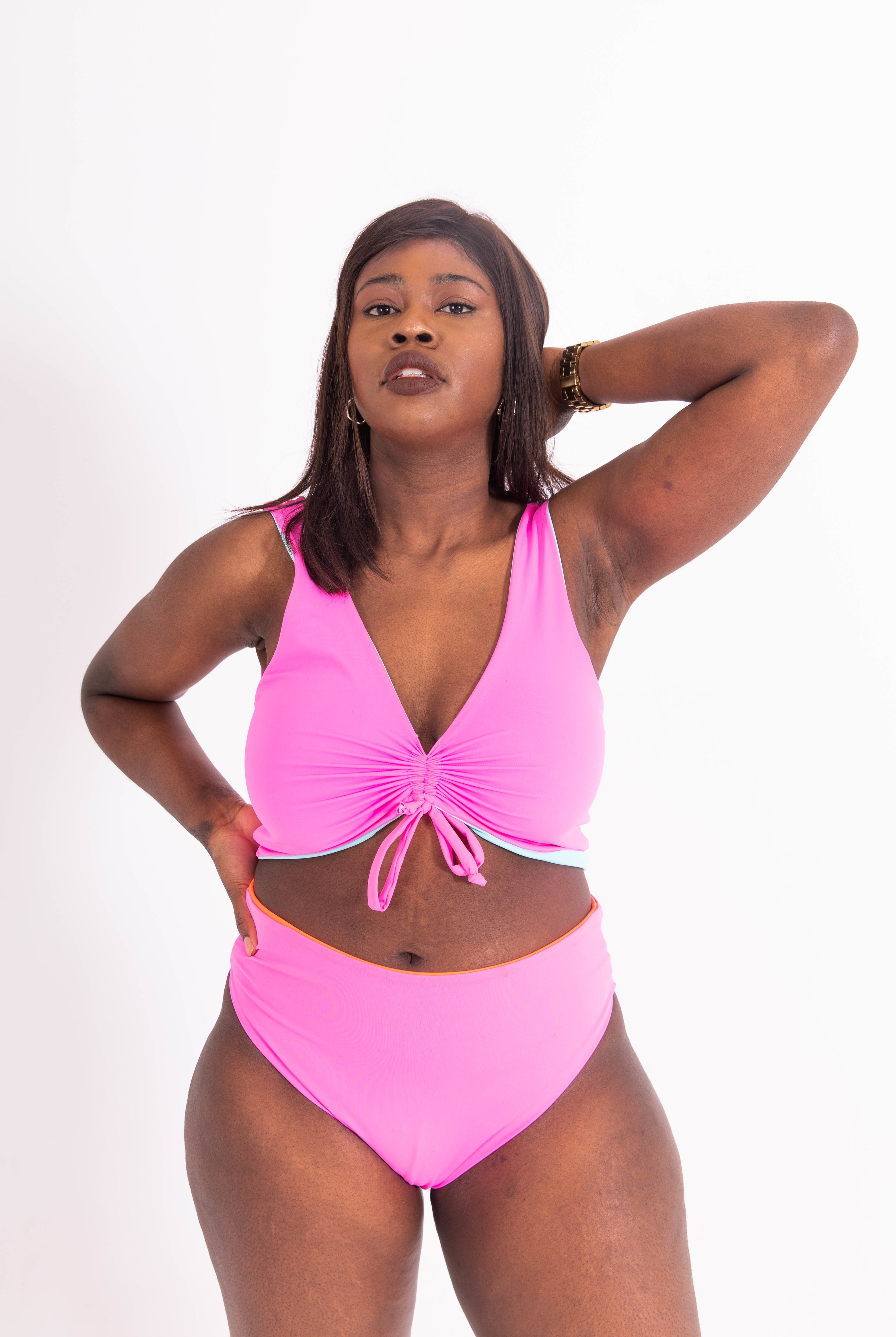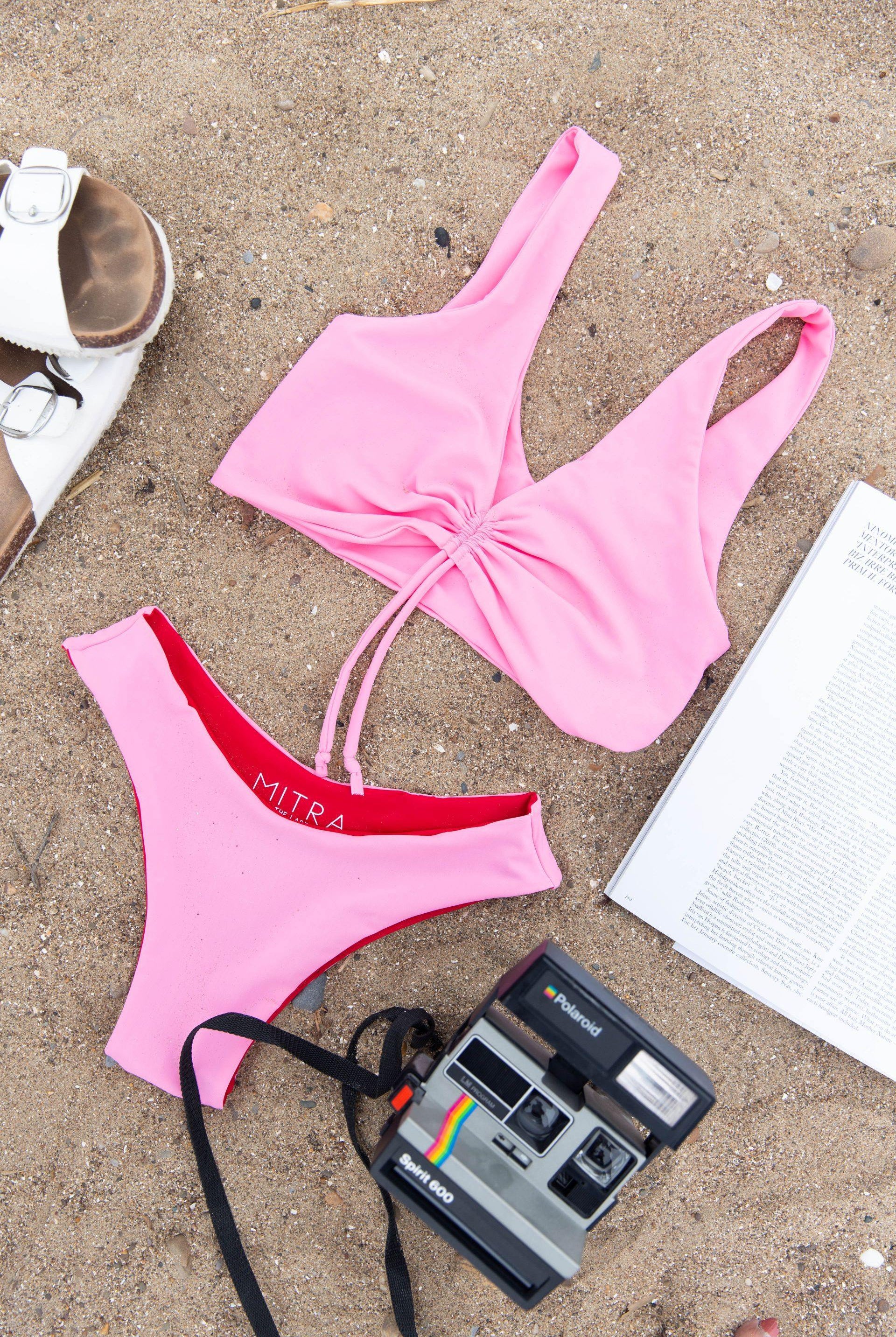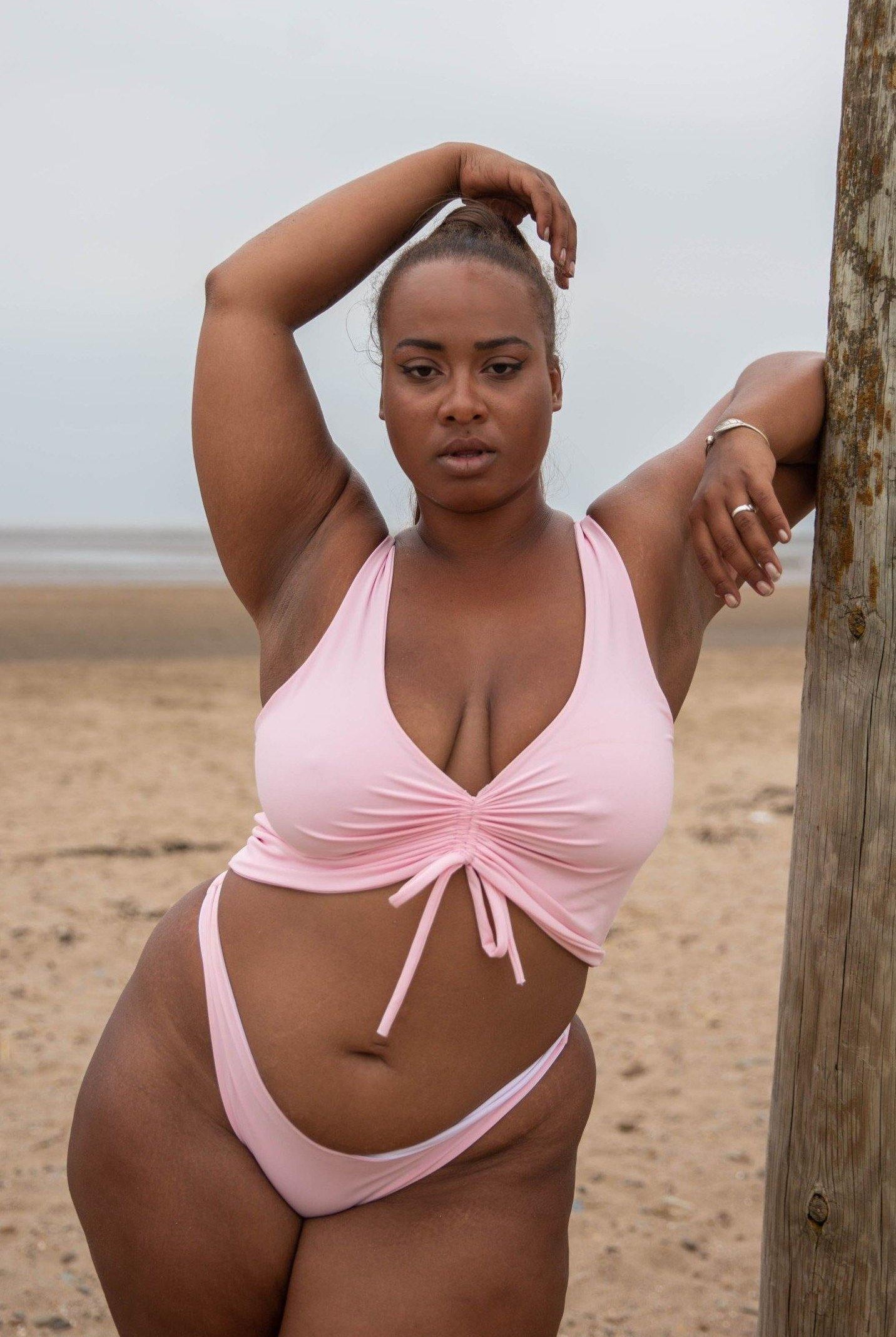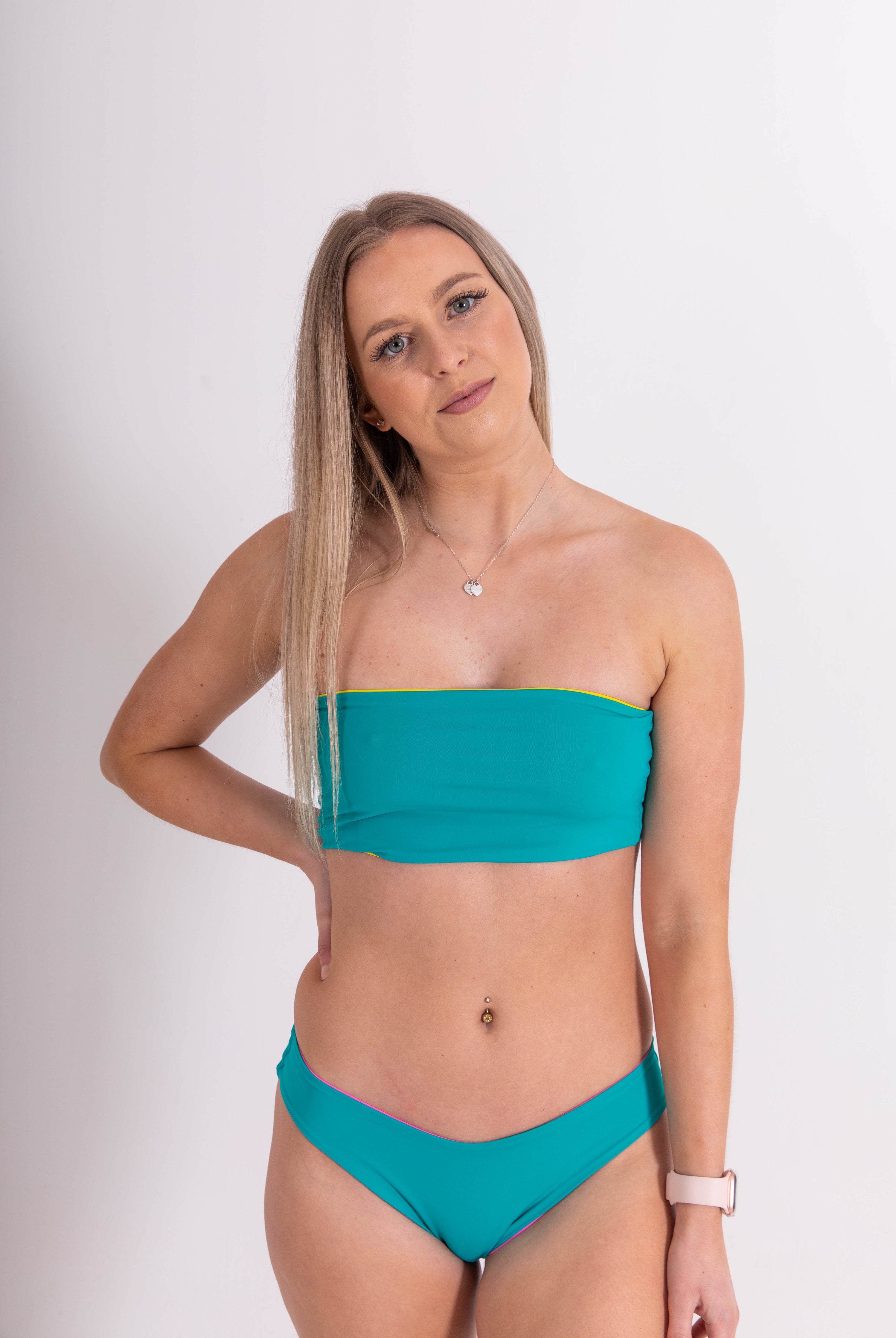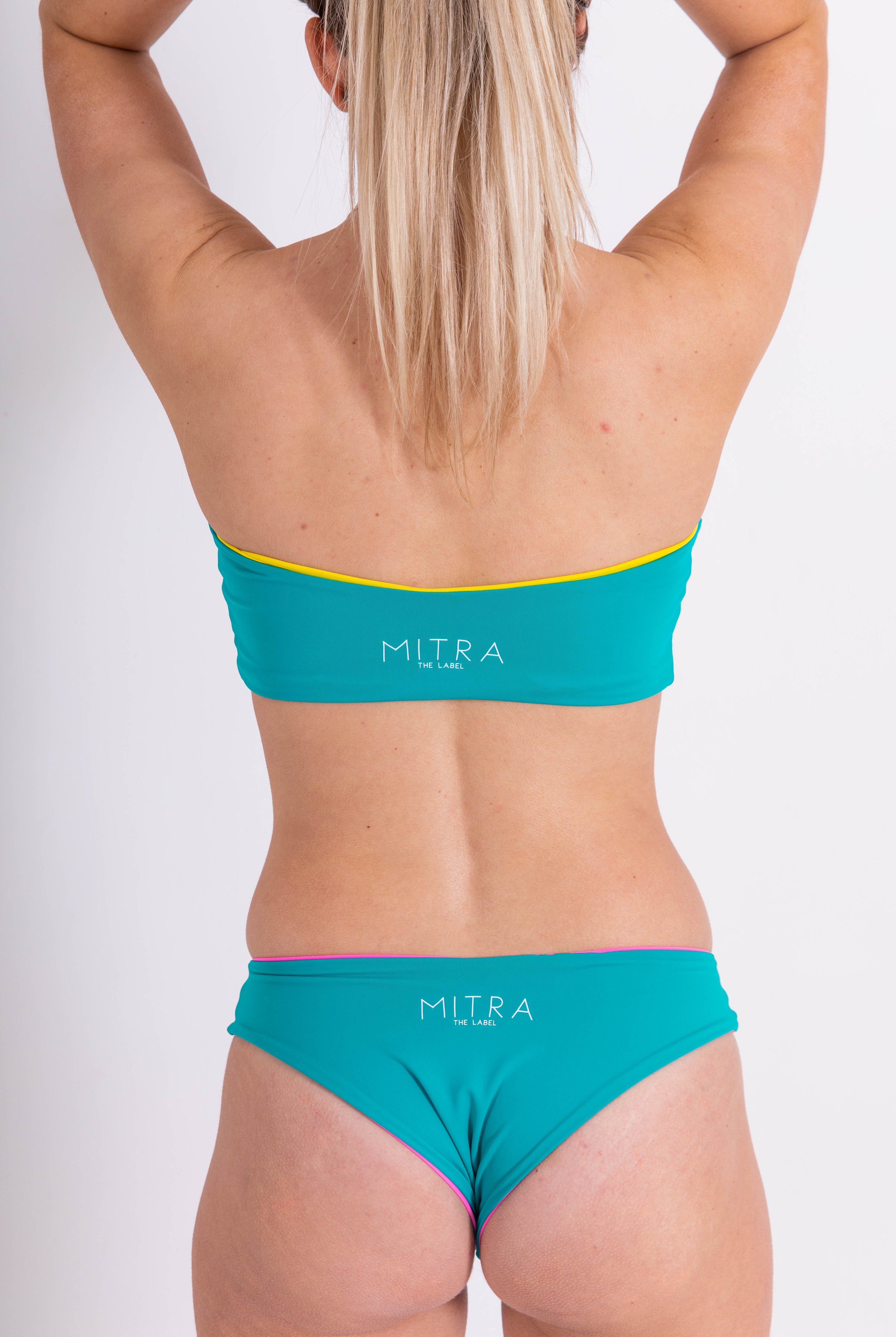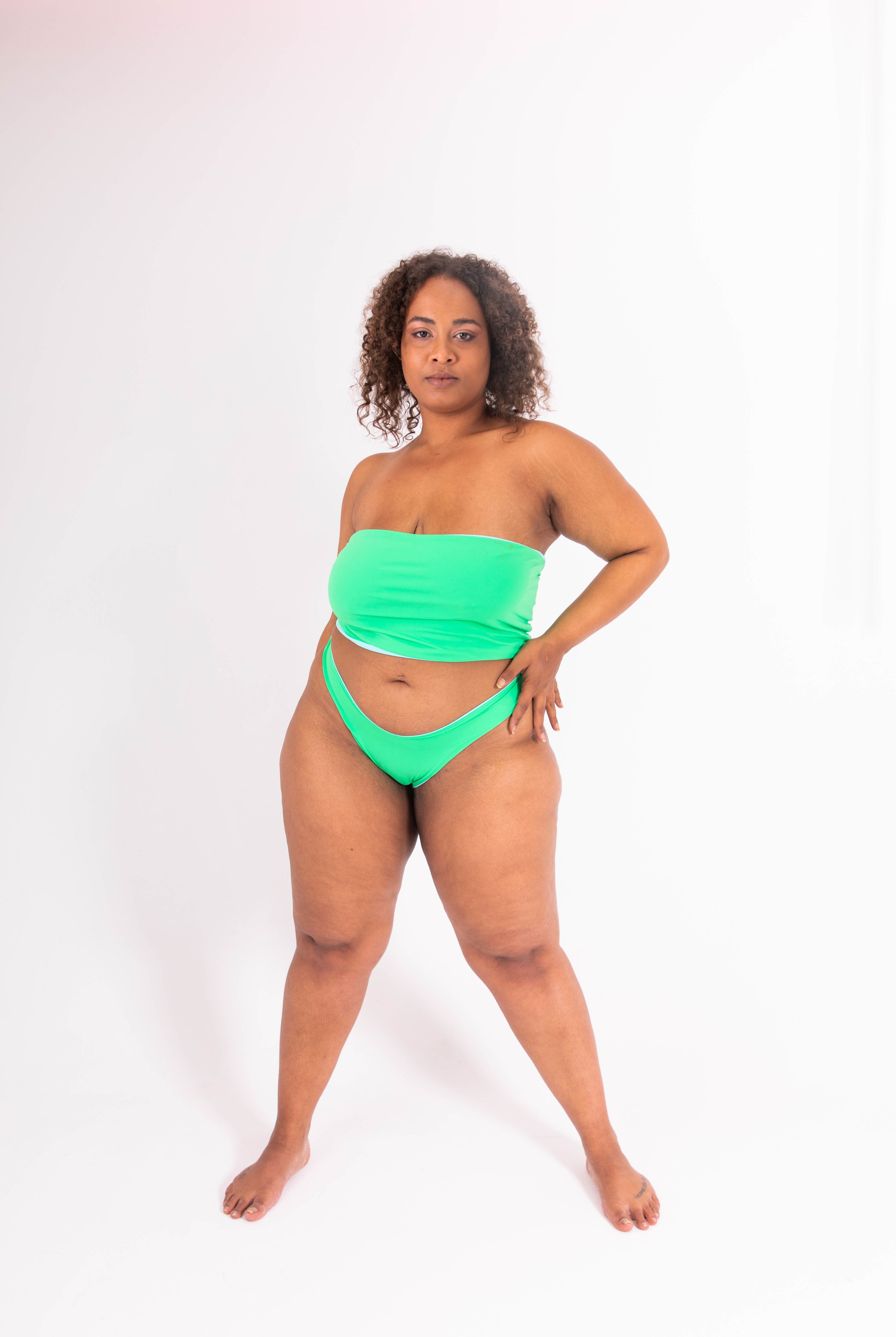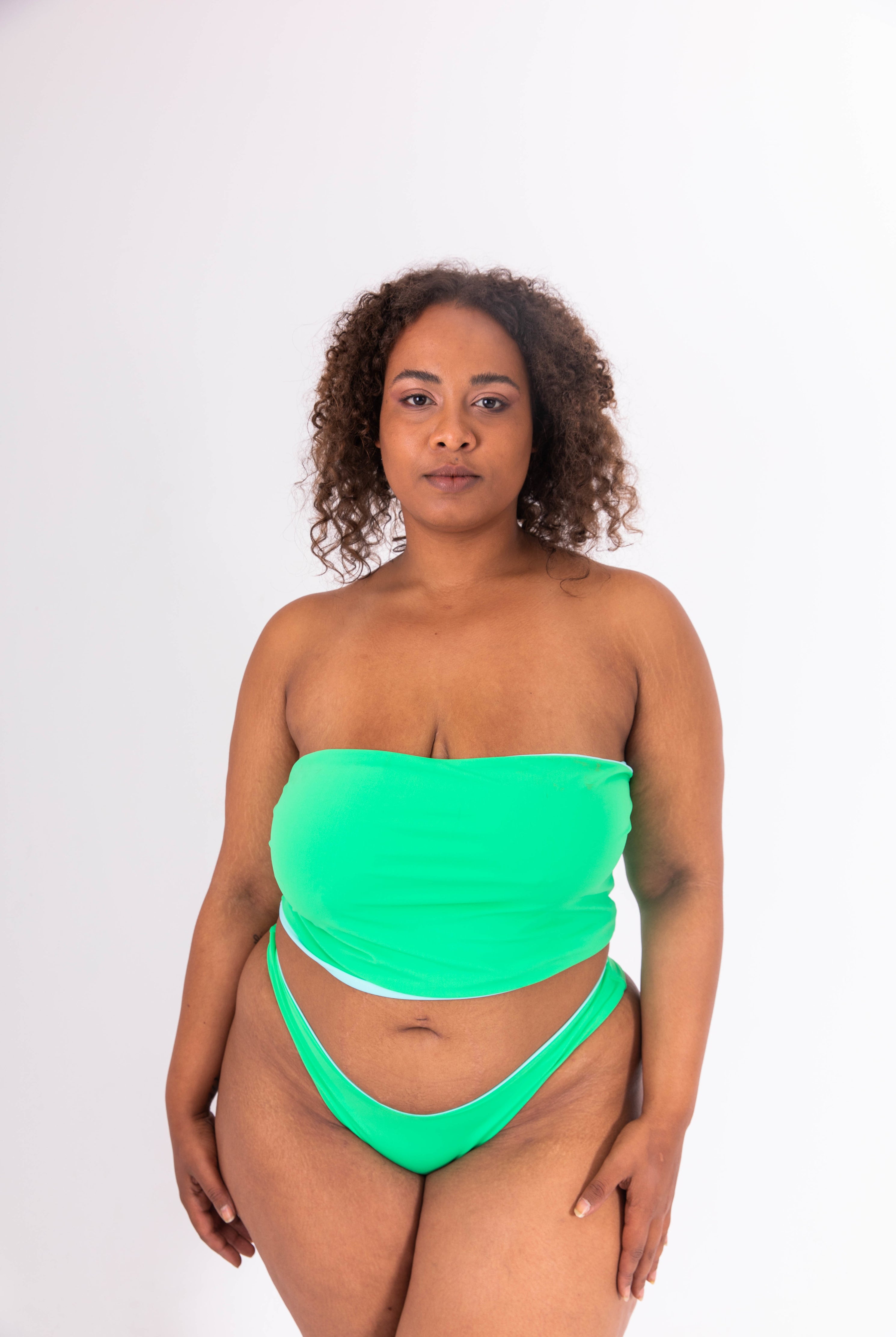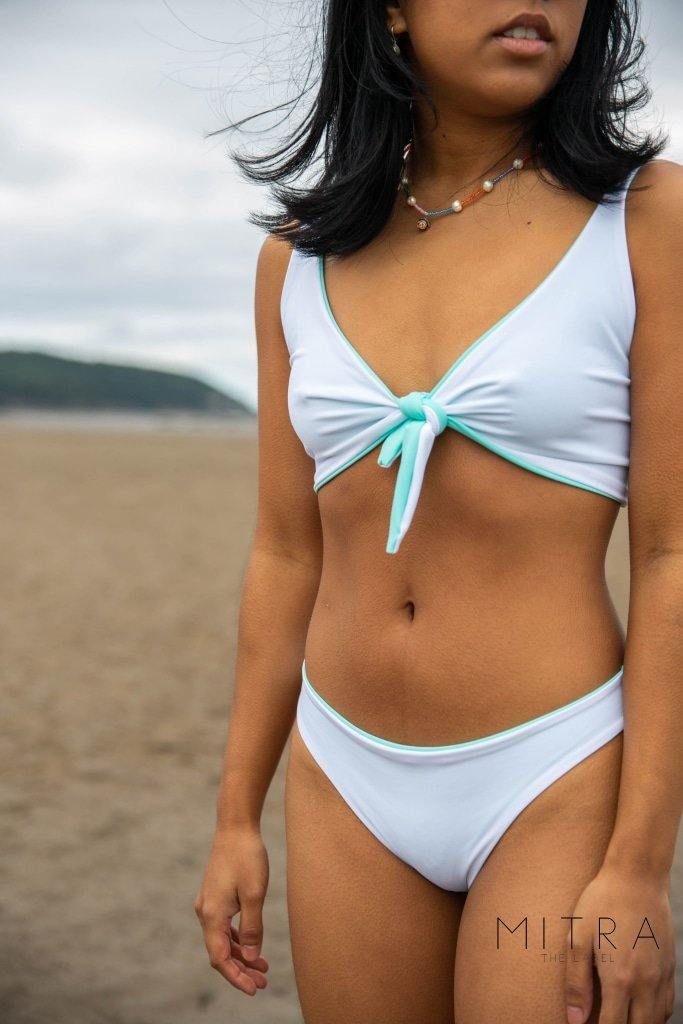We hear so many words being thrown around involving sustainable fashion from 'slow fashion', 'ethical fashion' and 'eco-fashion'. All these keywords and phrases can get a little confusing at times and you may not know, what they are referring to. So we thought we would break it down for you.

Sustainable fashion has minimal impact on the environment. It takes into account environmental and socio-economic aspects. It is a concept that can and should change over time. Sustainable fashion is always changing and what may be sustainable today, may not be in the next year or in five years. Everyone has their own values and opinions on what sustainable fashion is.
Sustainable fashion is more than addressing fashion, textiles or products within the fashion accessory industry. It comprises addressing the whole system of fashion, right from the fabric production, to garment making, garment workers rights, to packaging and transportation of the garments, as well as the longevity of the garments.
Below are some are standards and interpretations of what sustainable fashion is.
Eco Fashion refers to how the garment through material and production impacts the environment, and the carbon footprint associated with that item. Eco Fashion prioritizes the planet. When looking for eco-fashion brands, you may want to look at the kind of materials being used, how much water is being used as well as the making, packaging and transportation of the items has on the planet.
You've heard of fast fashion, right? Fashion brands that create and turnout new collections and trends every week. We currently live in a world where the majority of the fashion industry goes by 52 seasons a year. 52 seasons = 1 season a week. So it's no wonder we always feel like we need something new.
Slow Fashion is the exact opposite of fast fashion. Slow fashion refers to the slowing down of the fashion process, from making, purchasing, wearing and even discarding our clothing. In slow fashion there are fewer seasons, some brands stick to 4 to match with the actual seasons while others will have one or two seasons a year. It is also about increasing the longevity of our clothing.
So instead of buying a new outfit for every occasion, mix and match items to create a new outfit. We want our clothes to be worn more than 2 - 3 times. If you feel the need to buy clothes often, start purchasing from companies who make clothes in smaller batches, as they will focus on quality and longevity over quantity, huge profits and short-lived trends.
Ethical Fashion refers to the fair/ethical treatment of garment workers, the health and well-being of the communities surrounding production, which may be affected by the making of the garments. It also includes pay, occupational health standards, workers rights, safety standards and child-labour laws.

